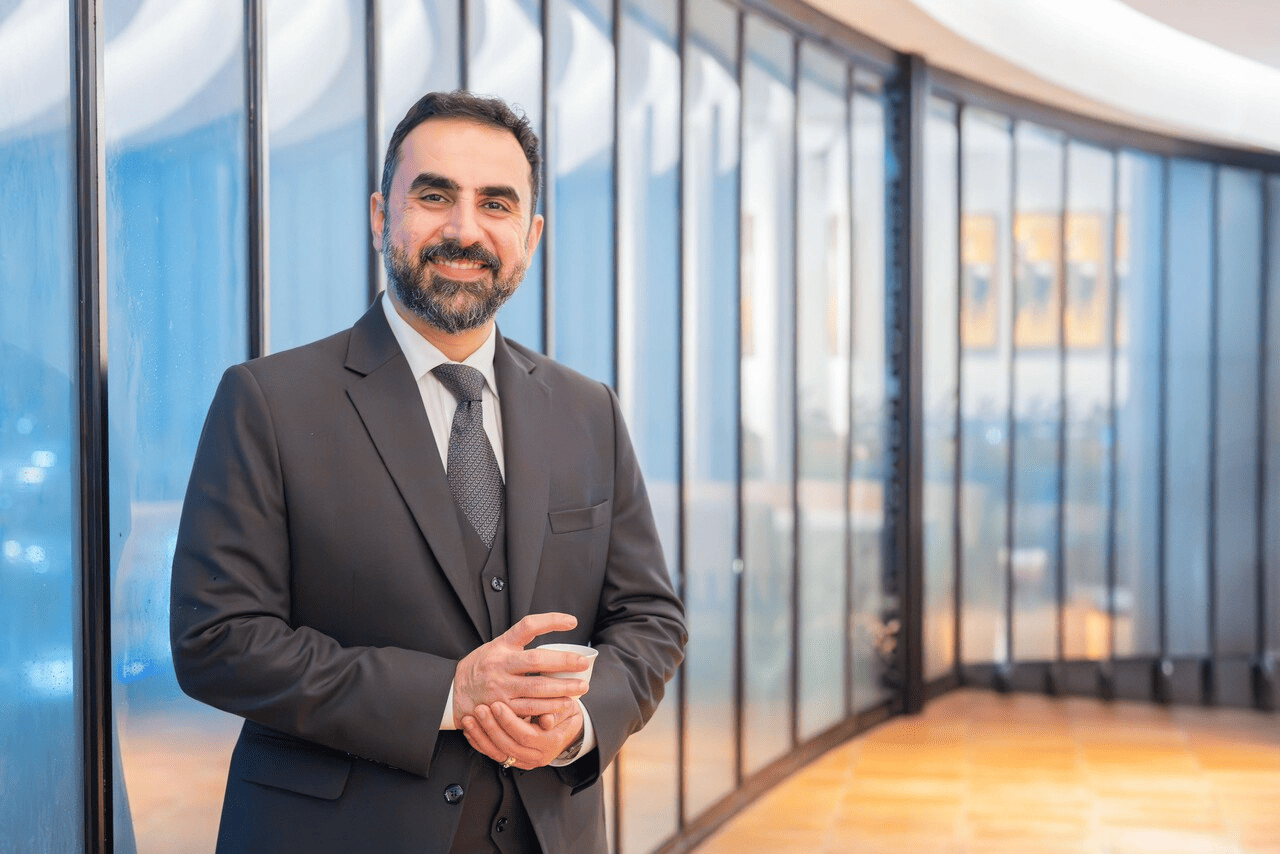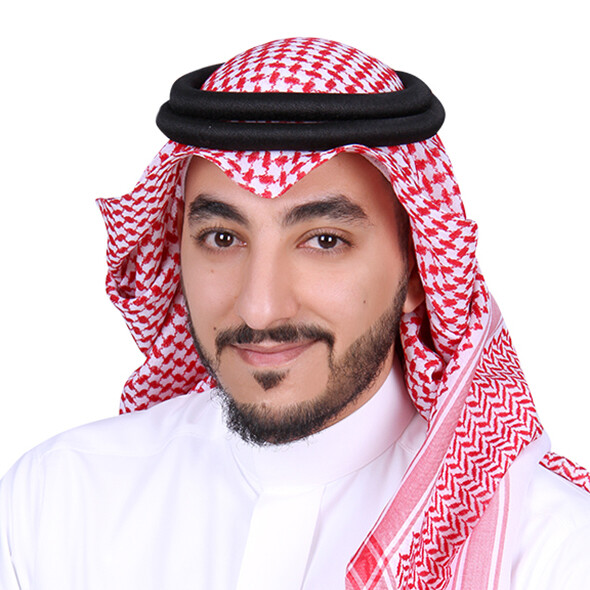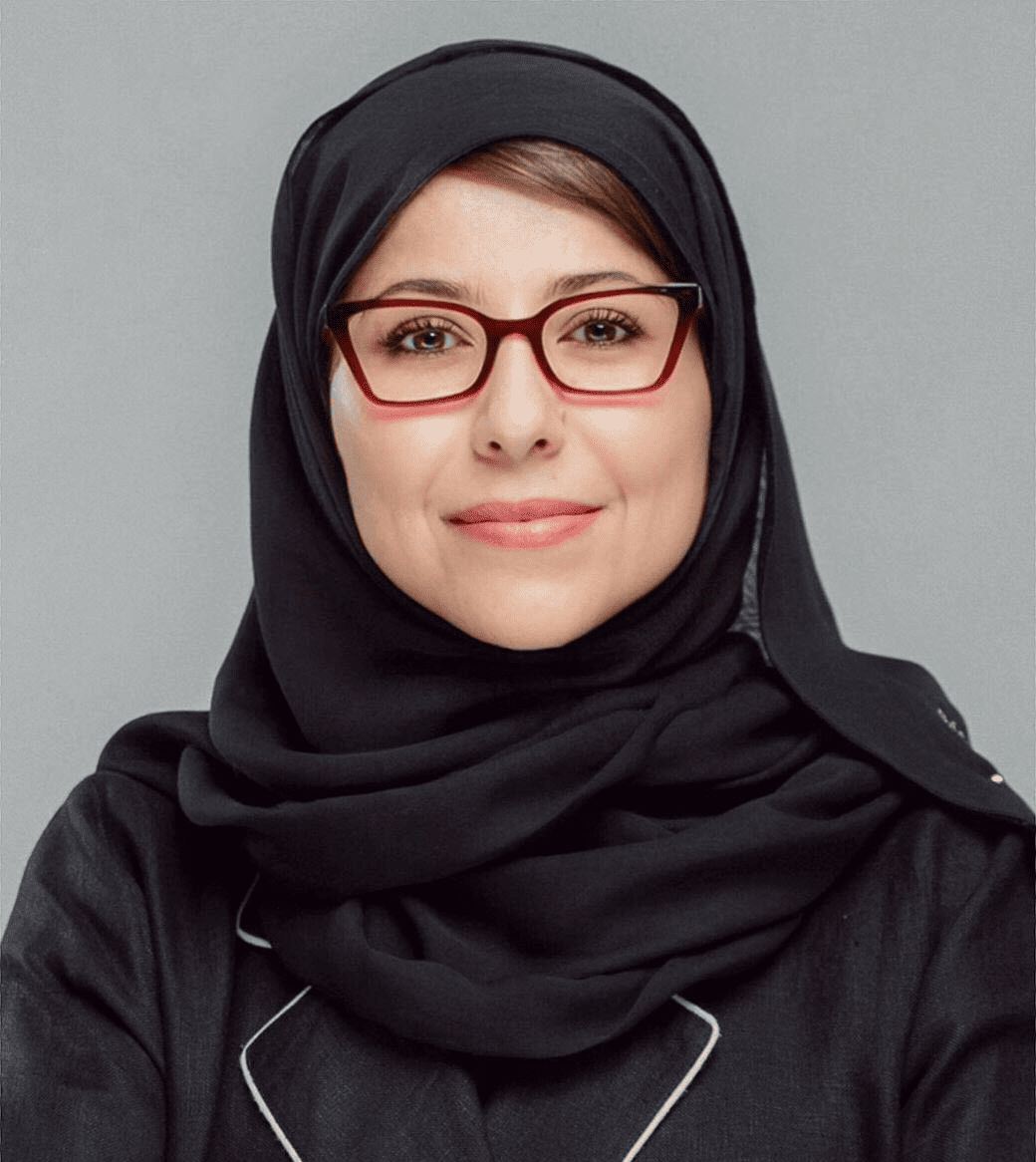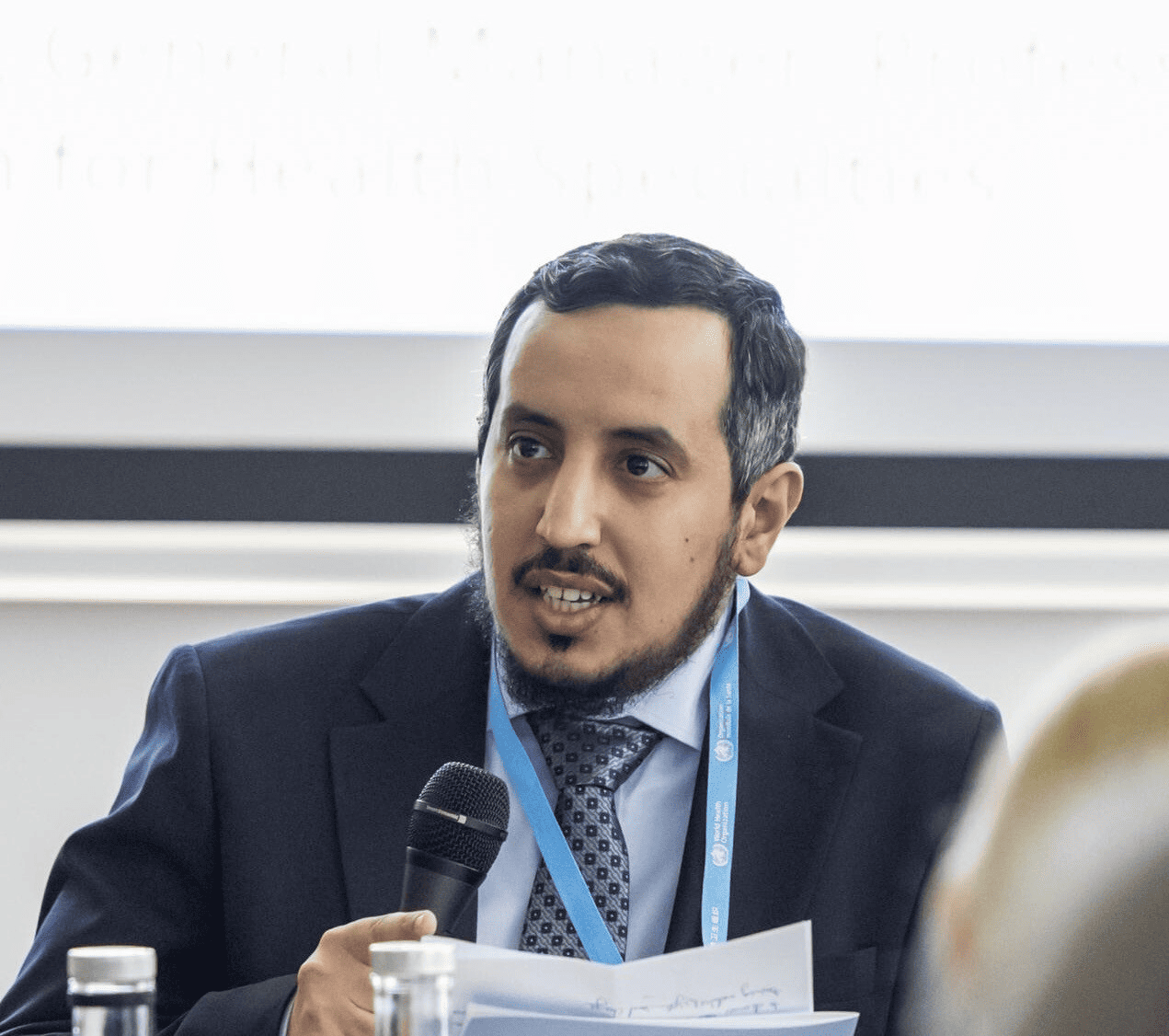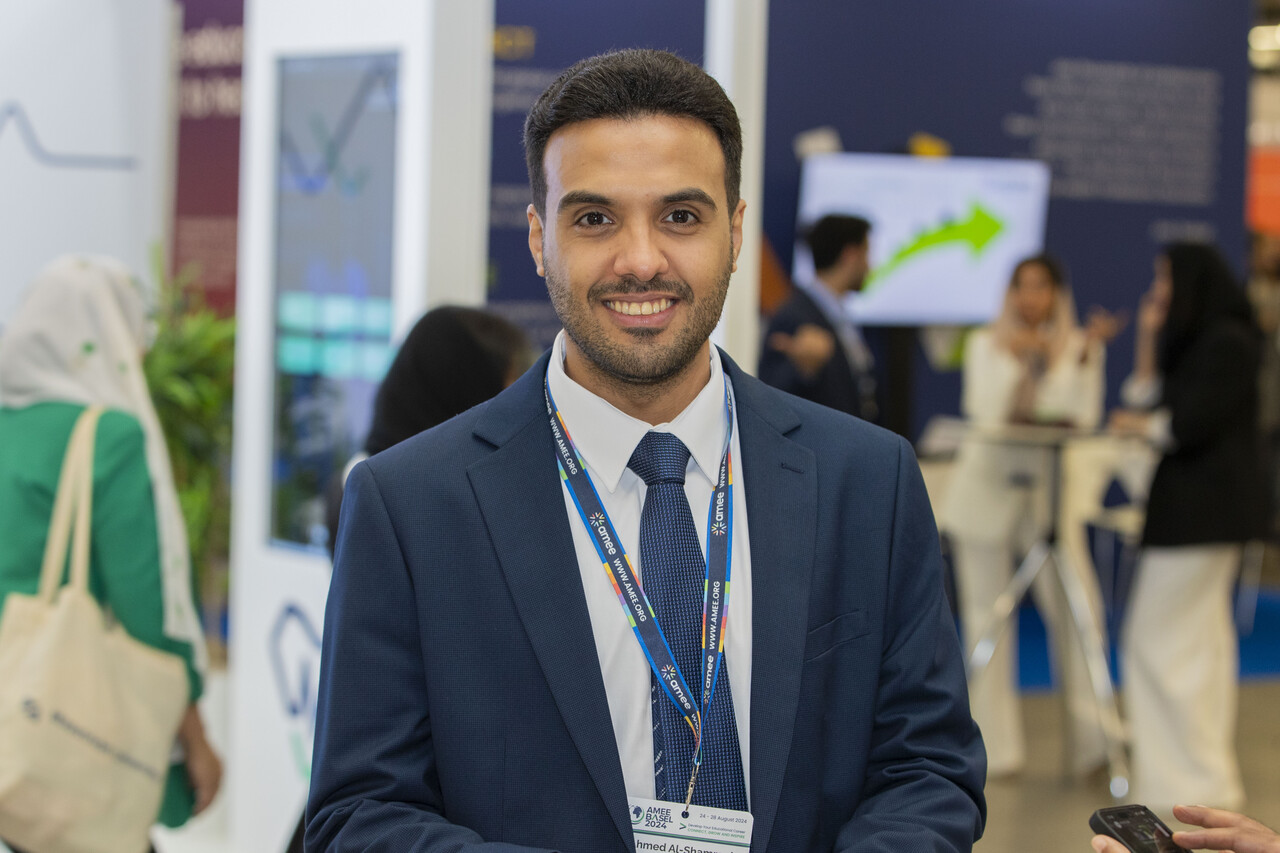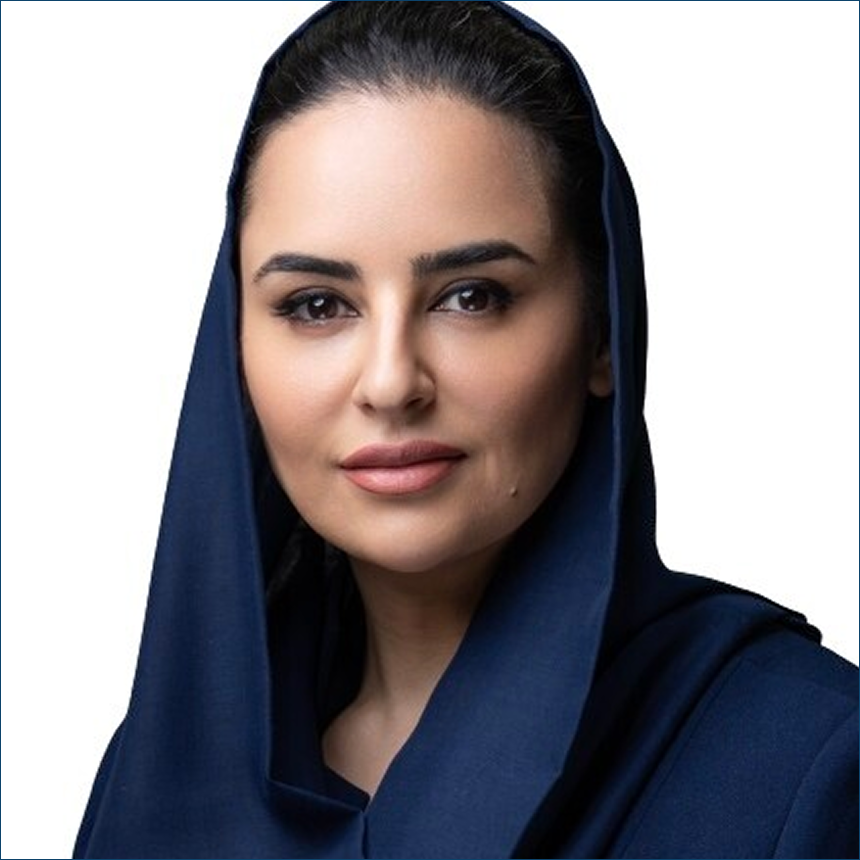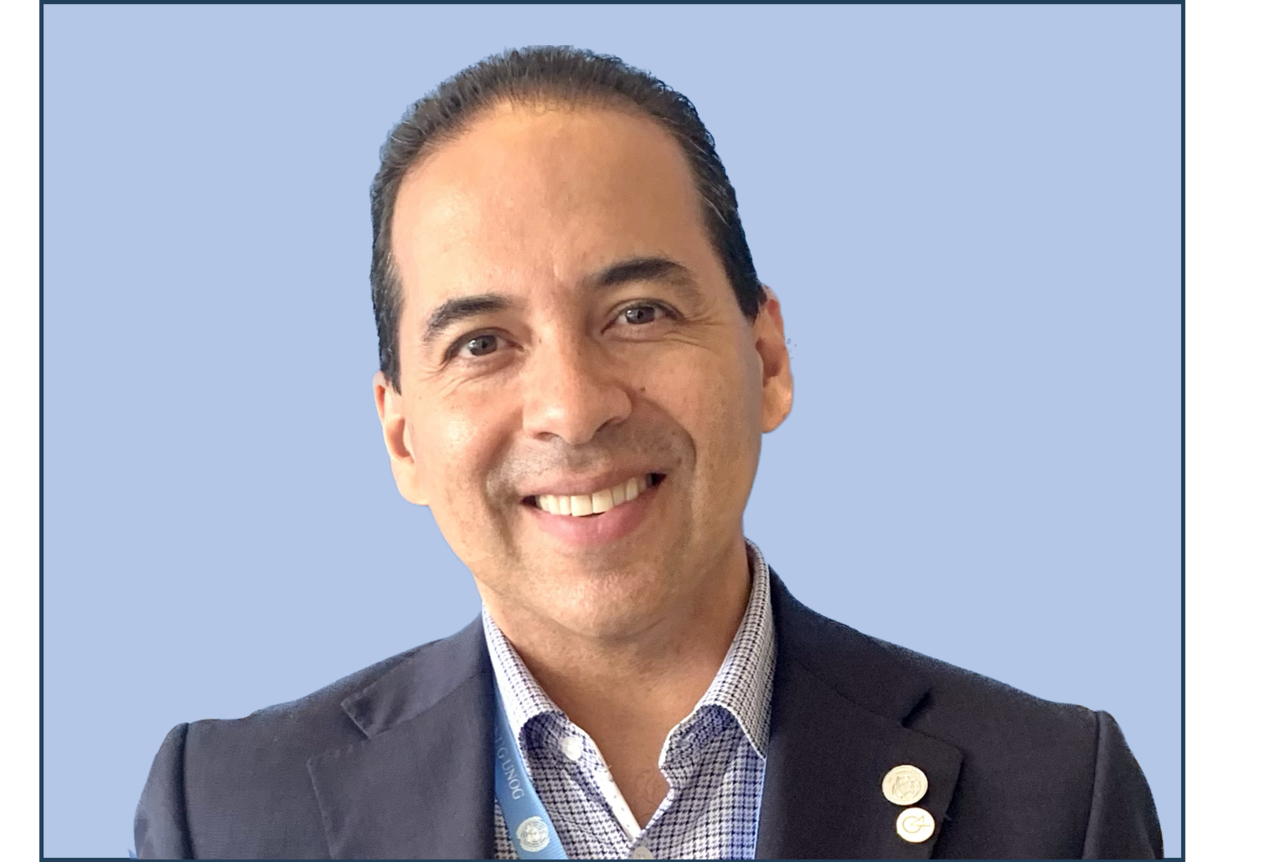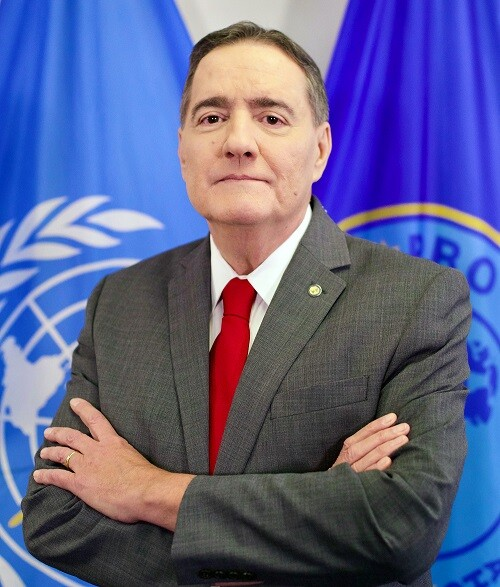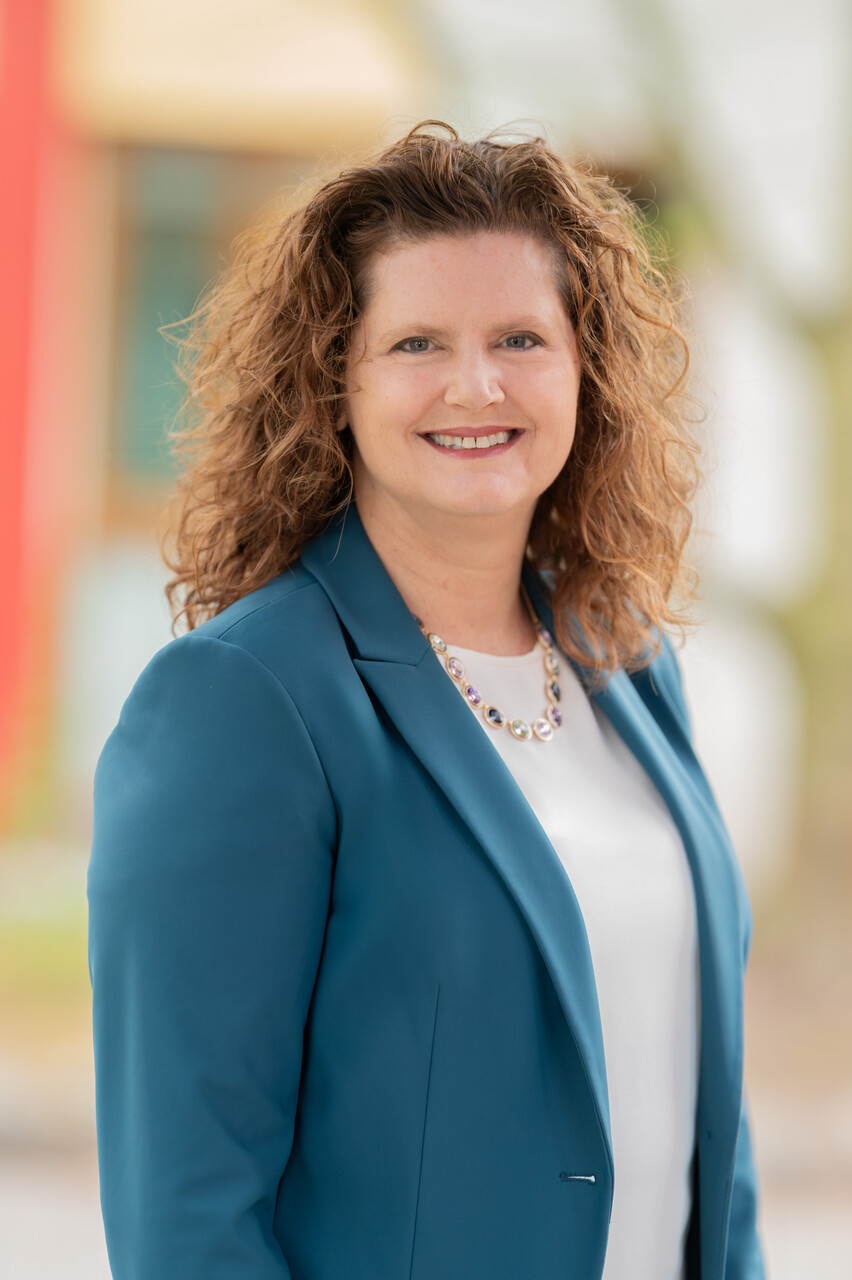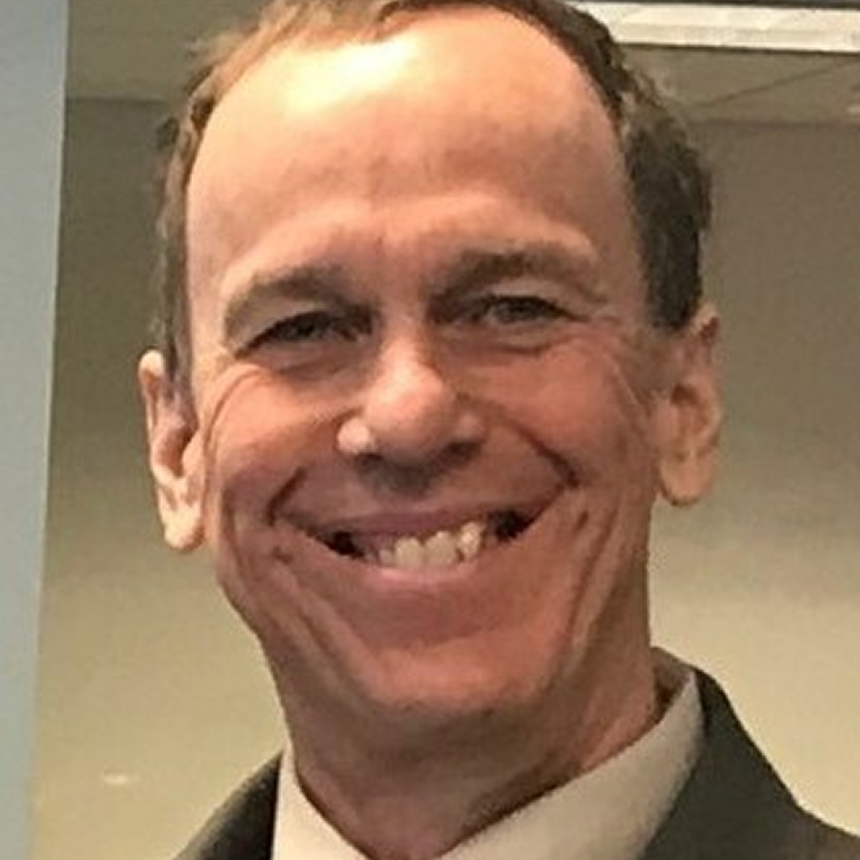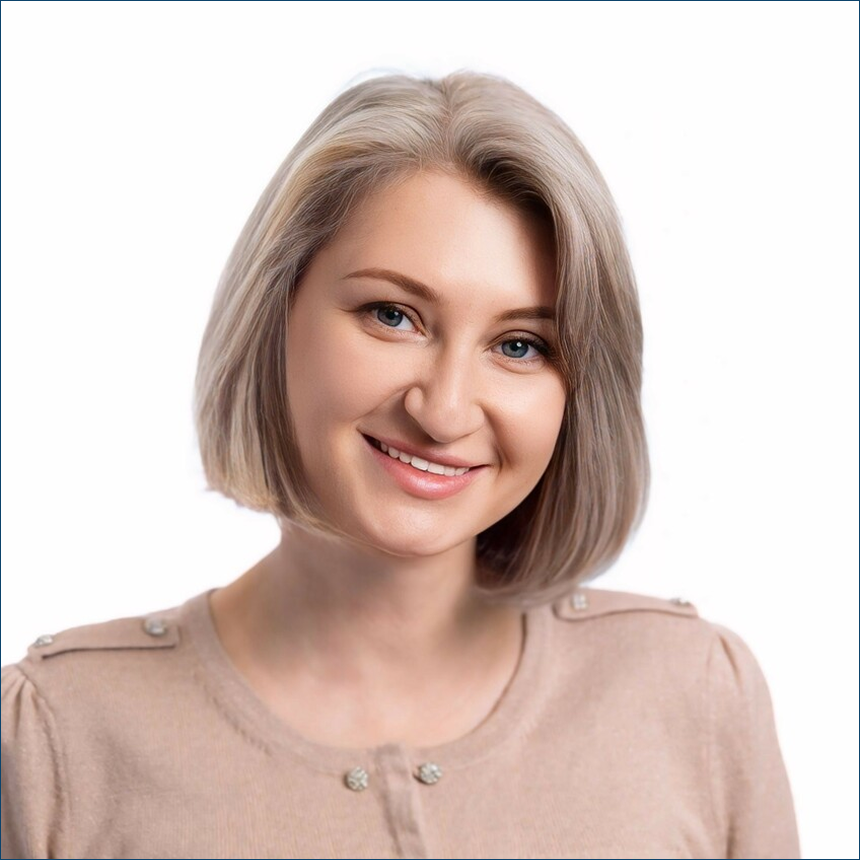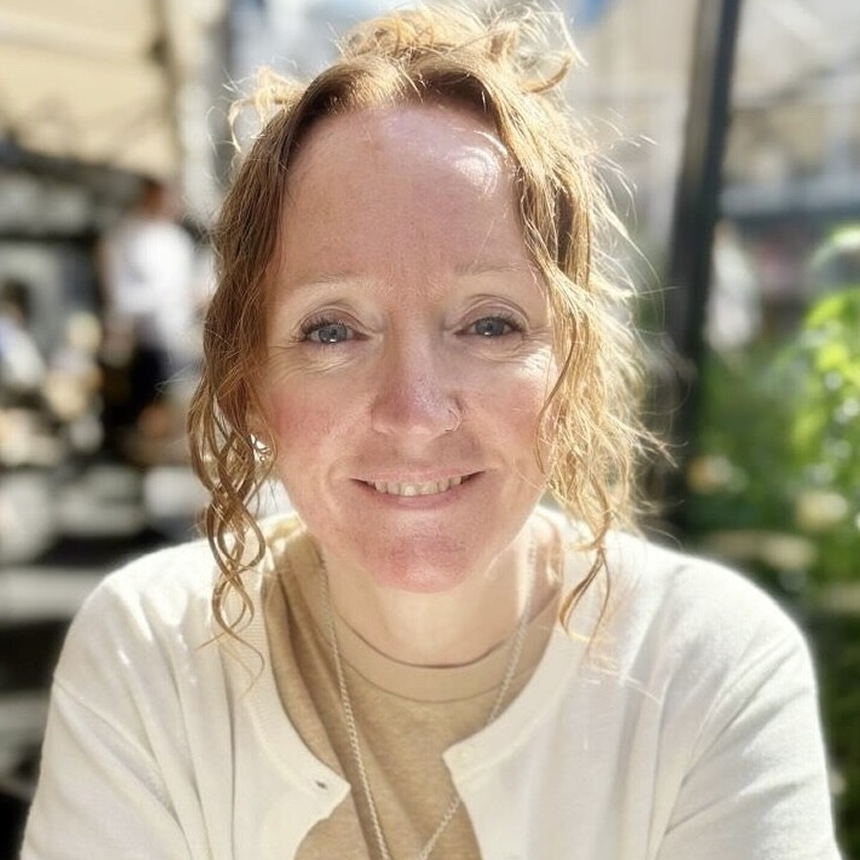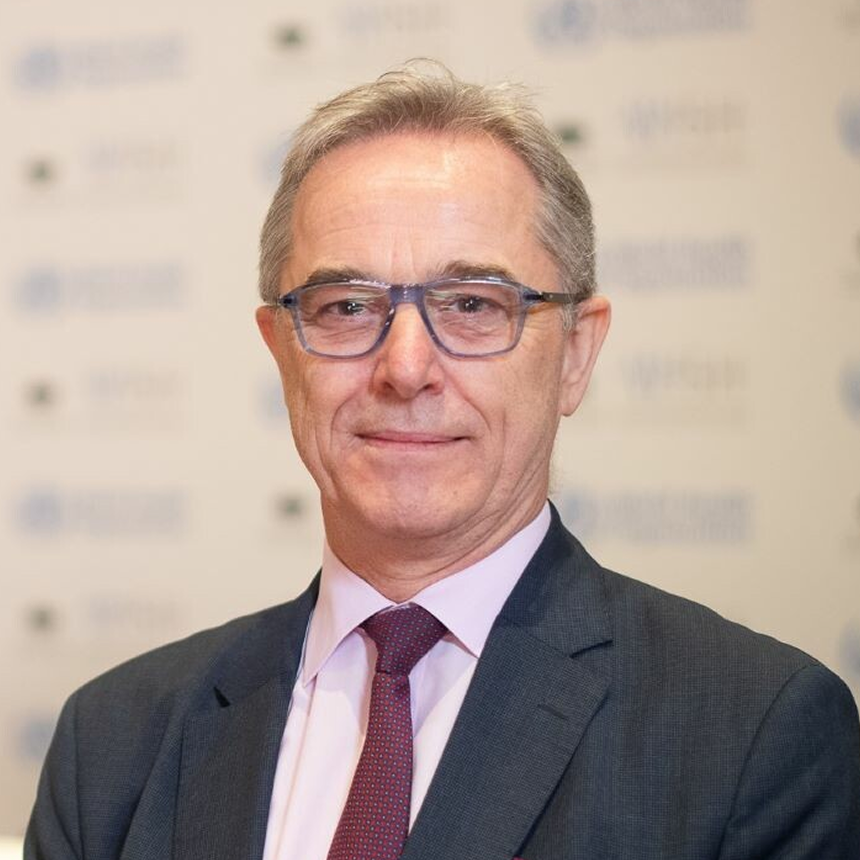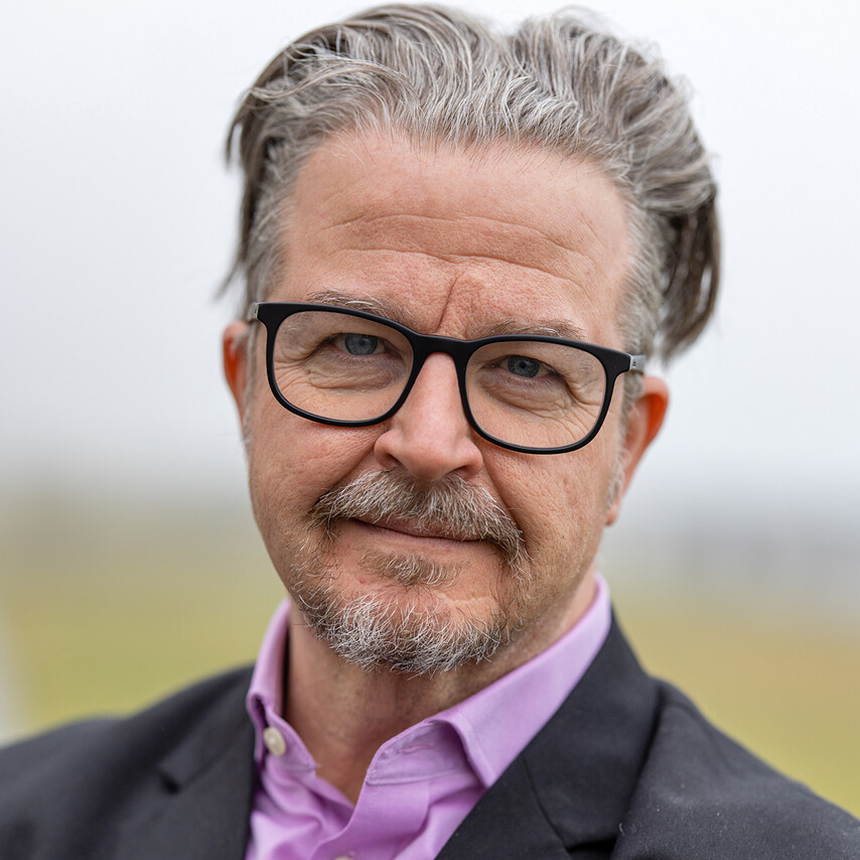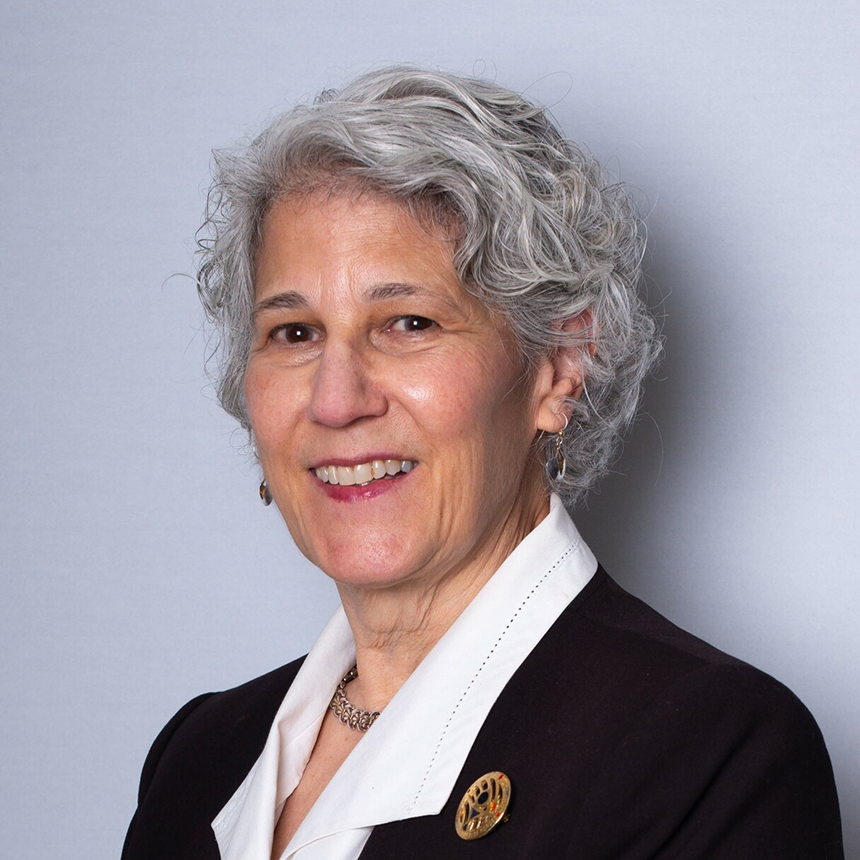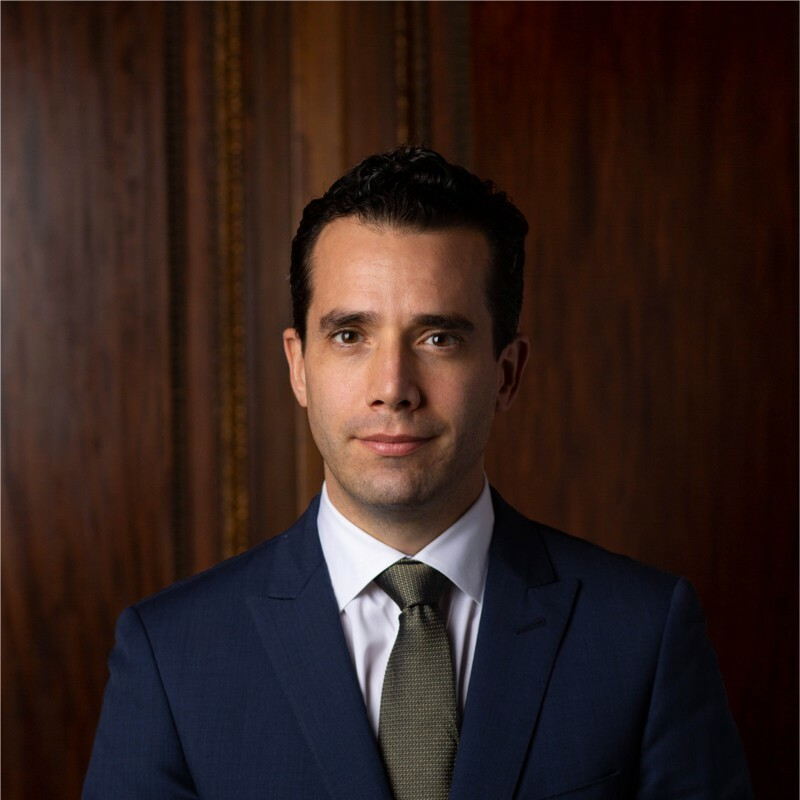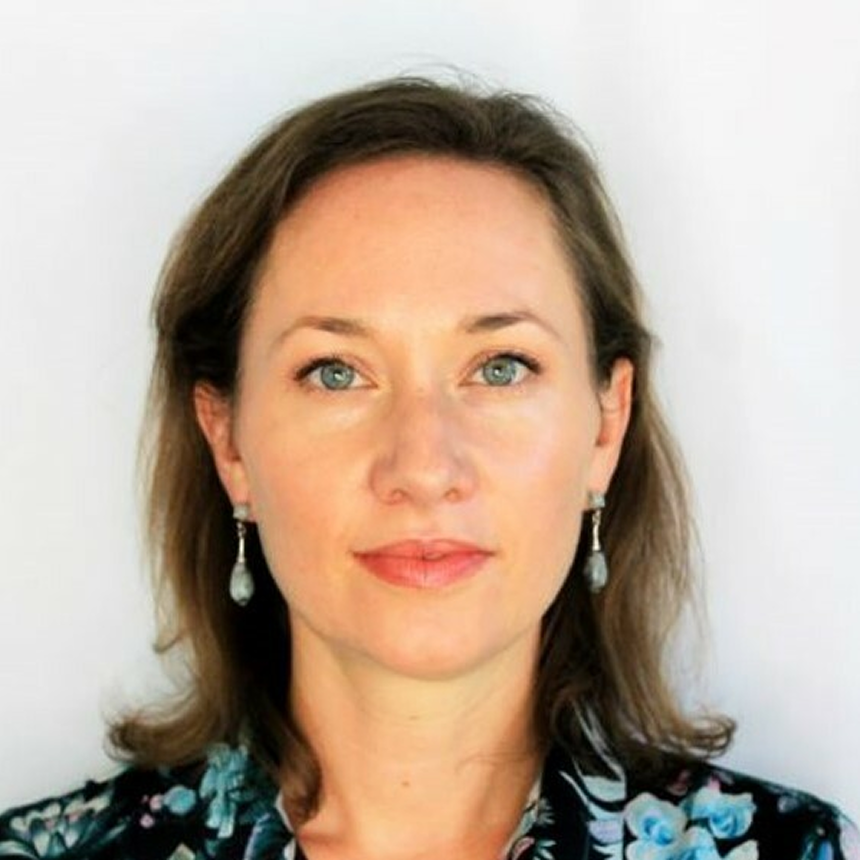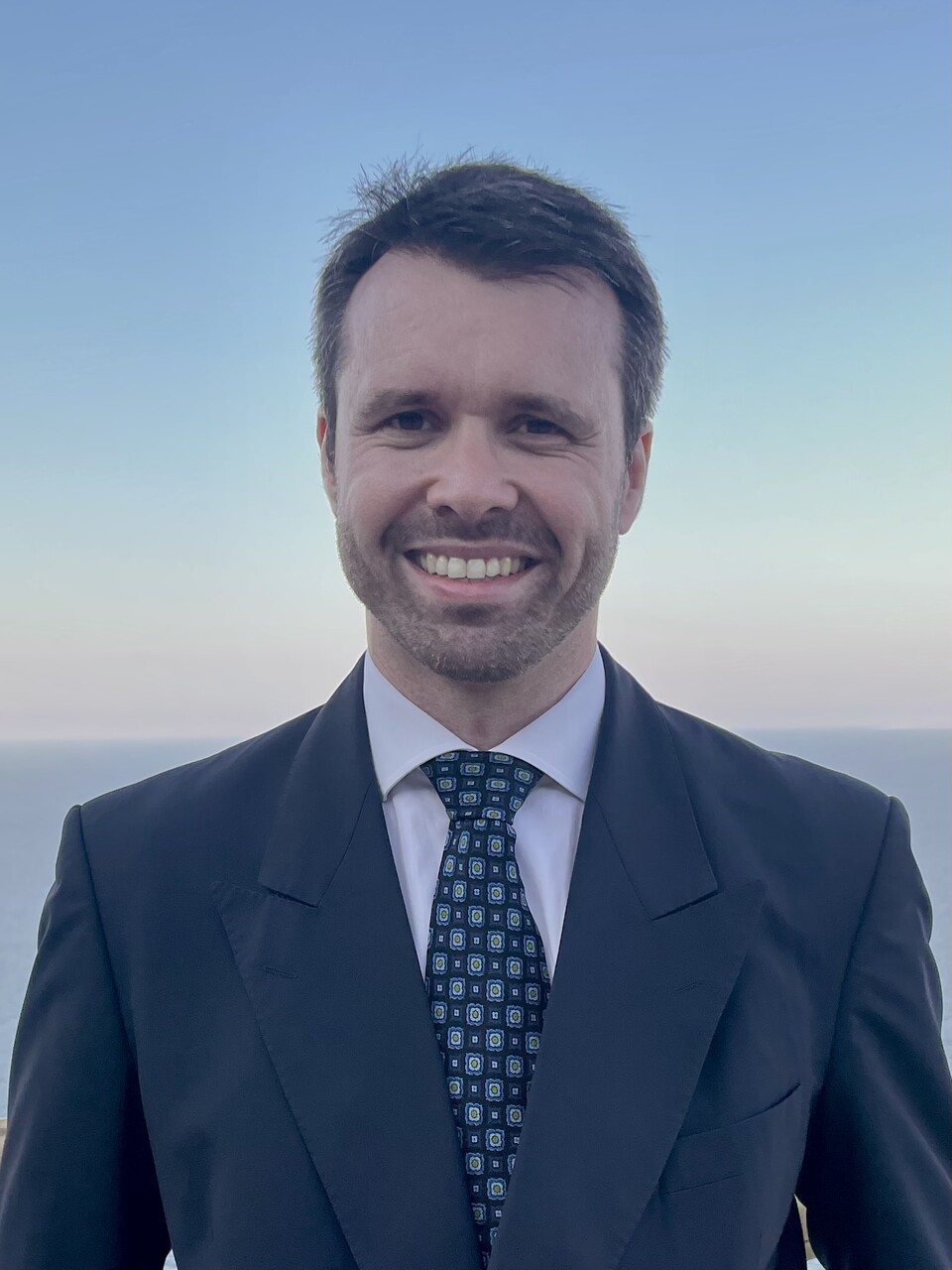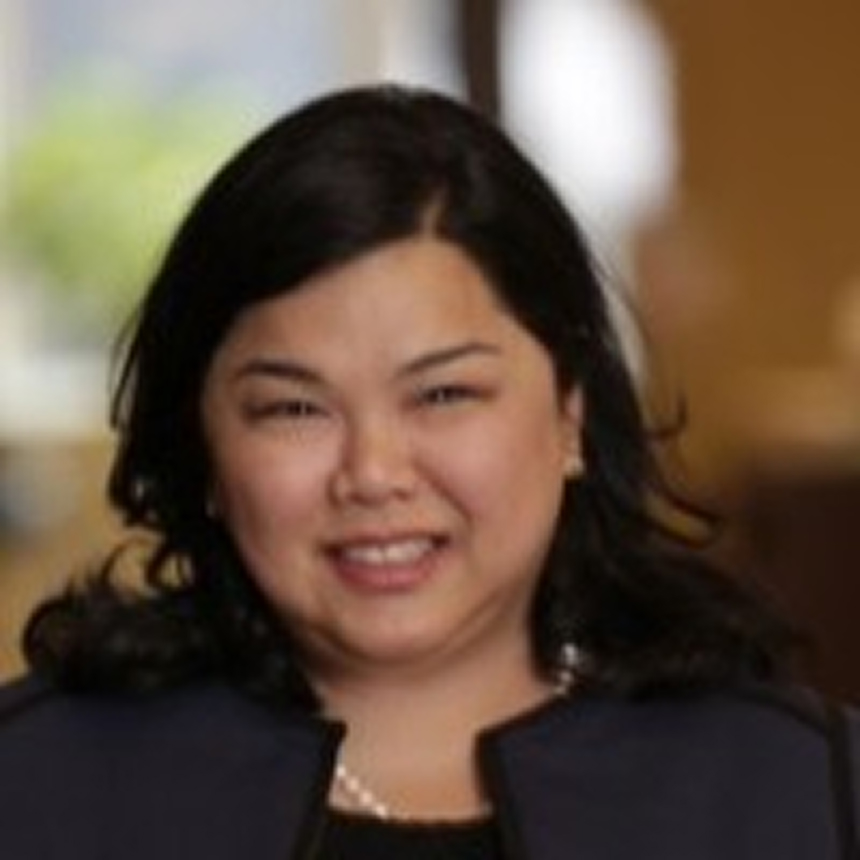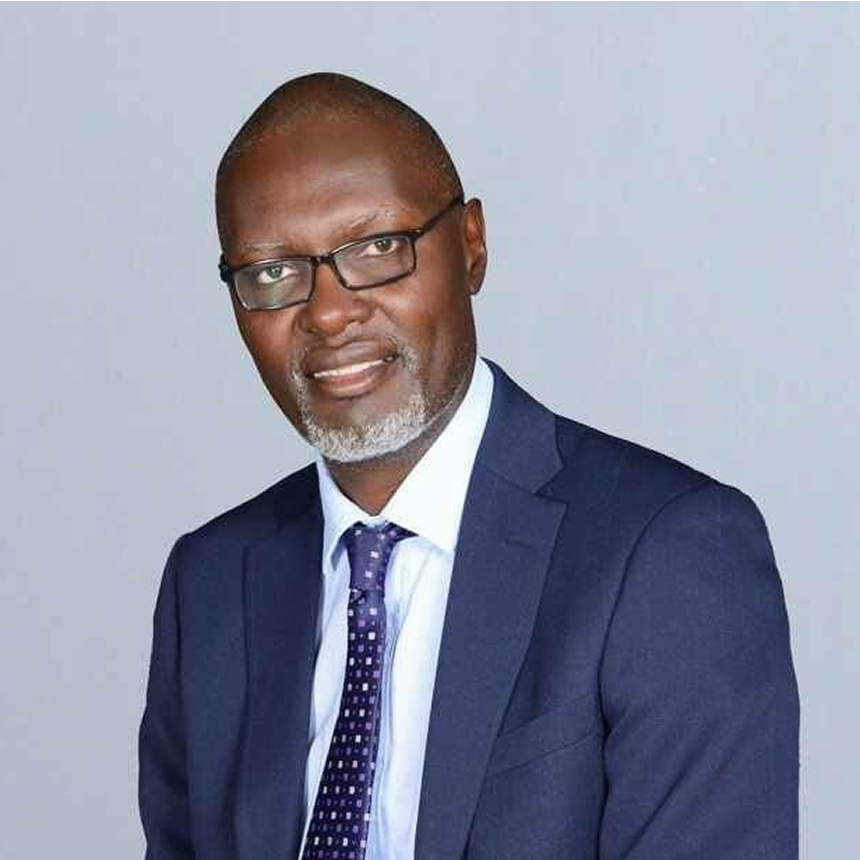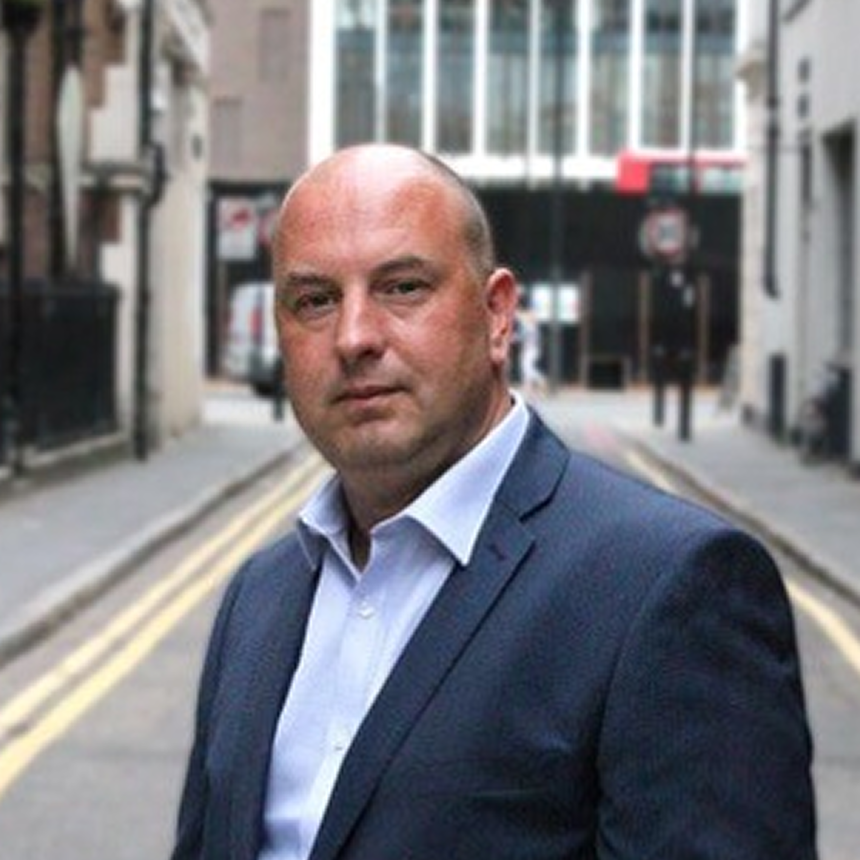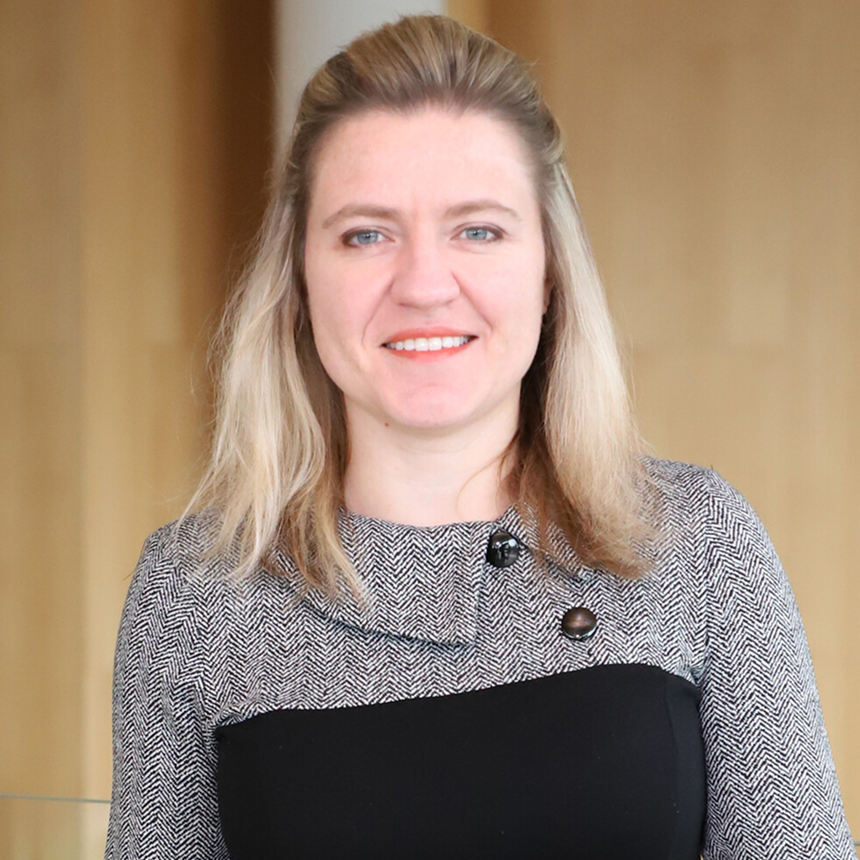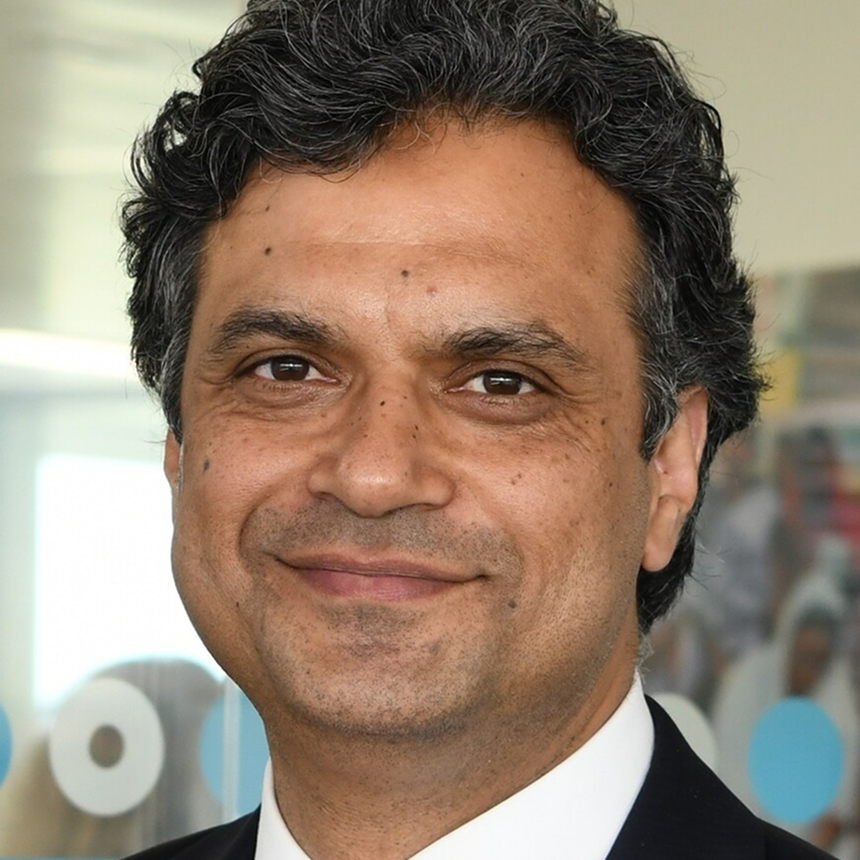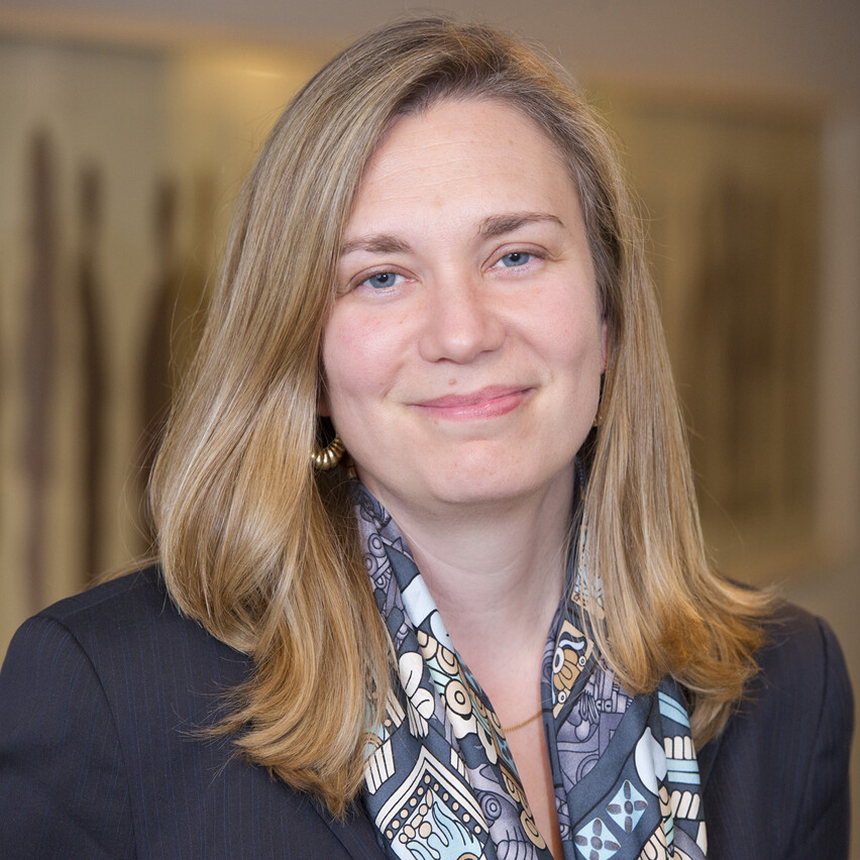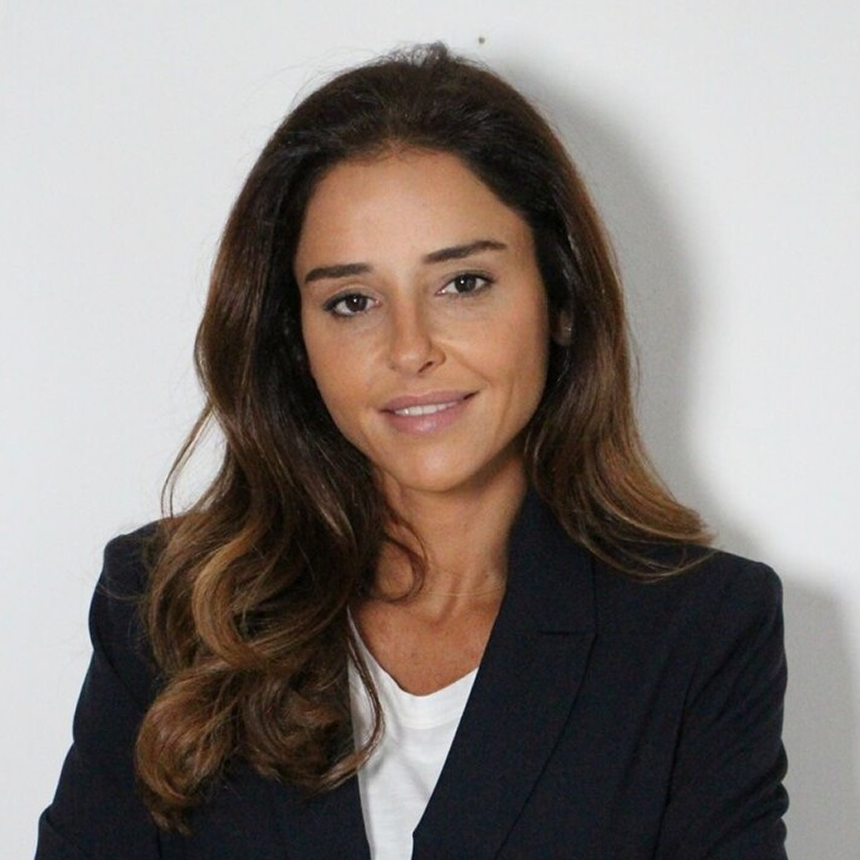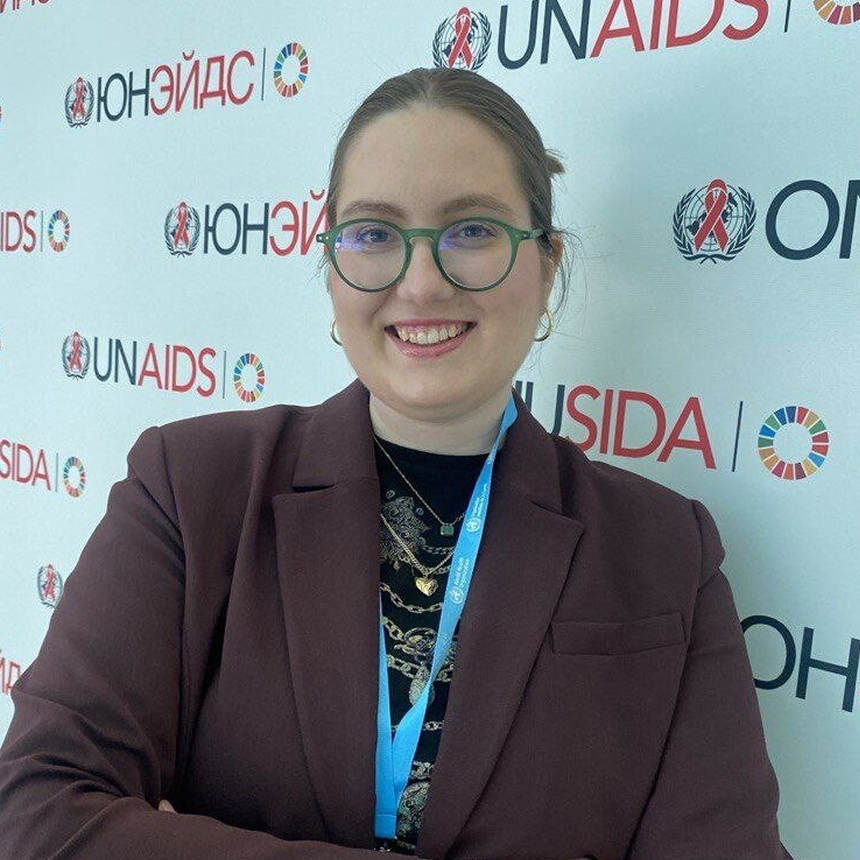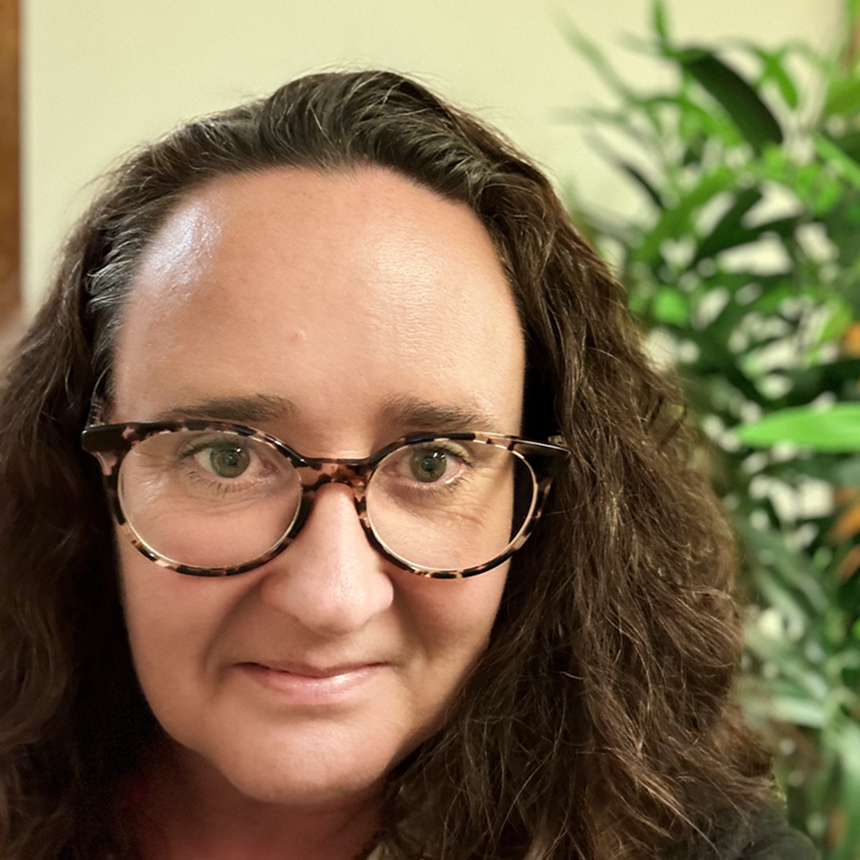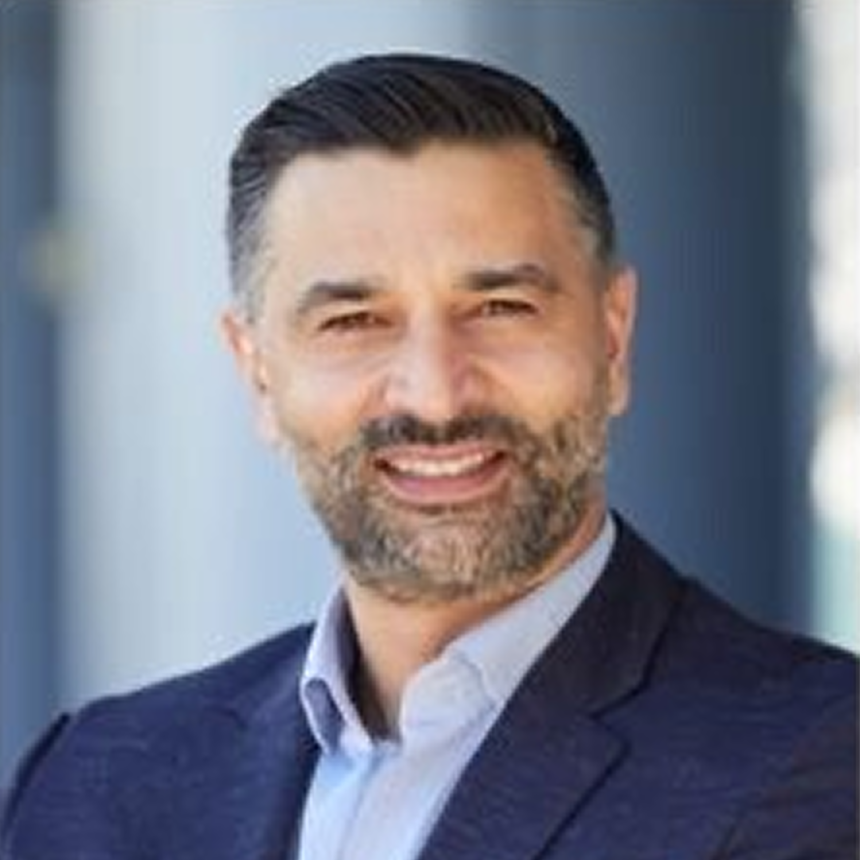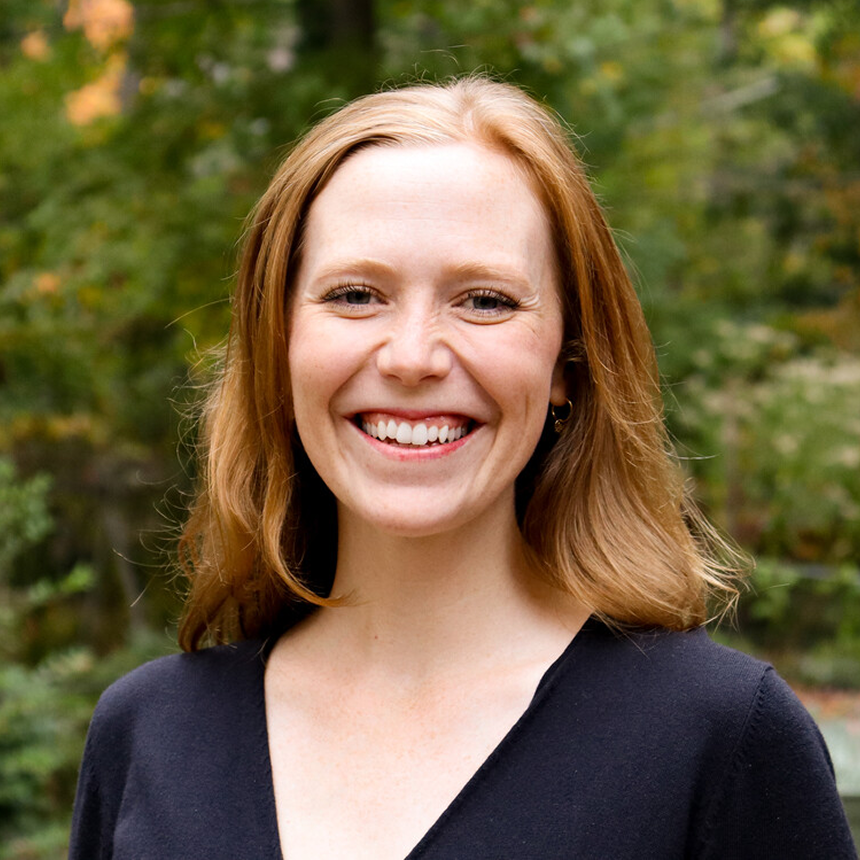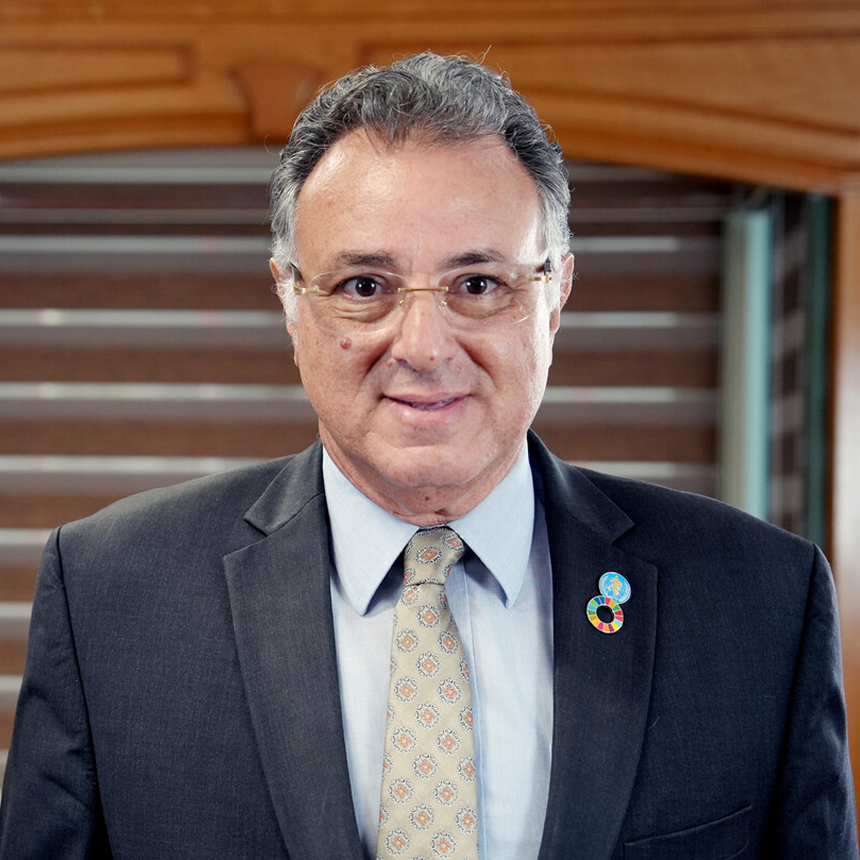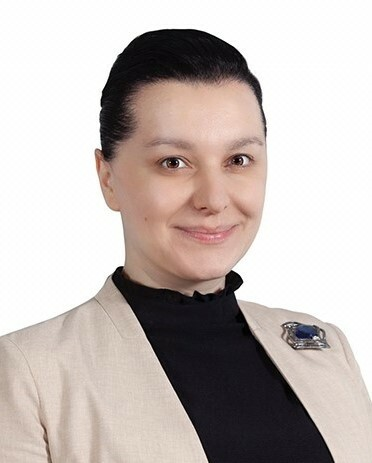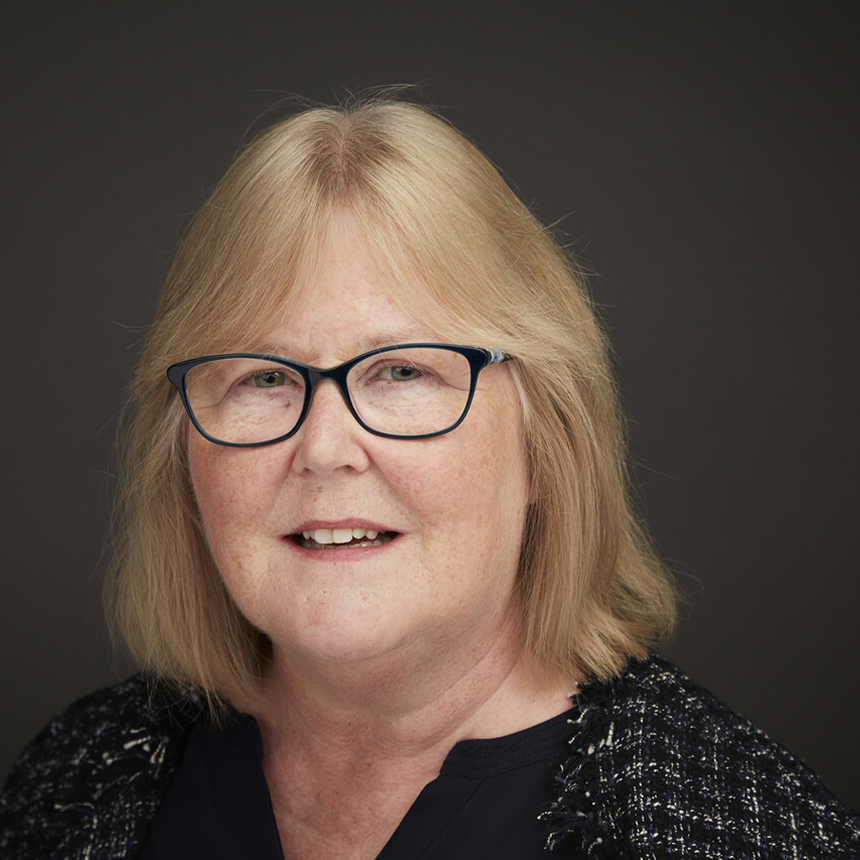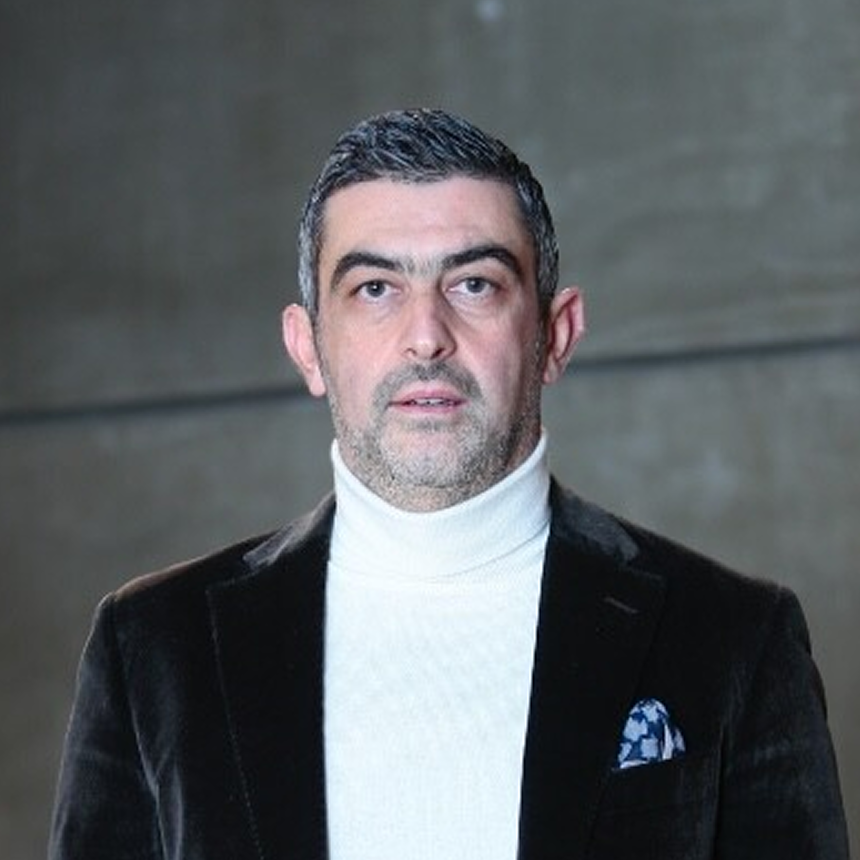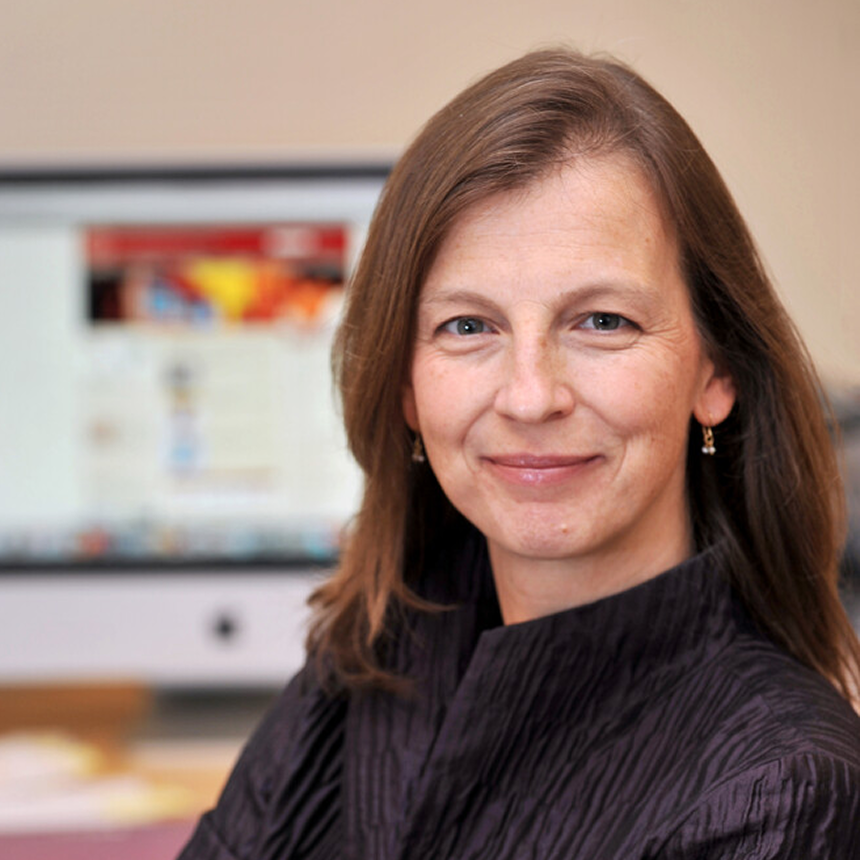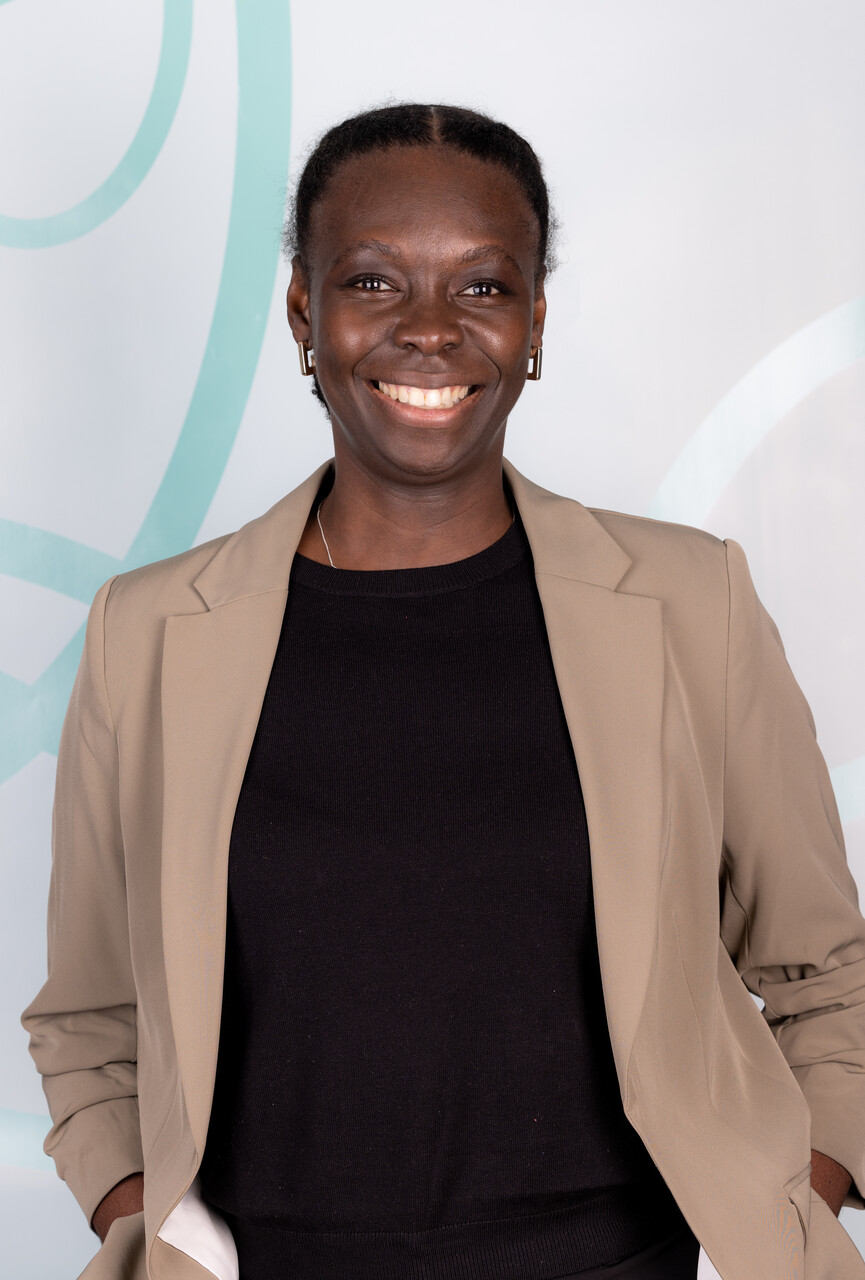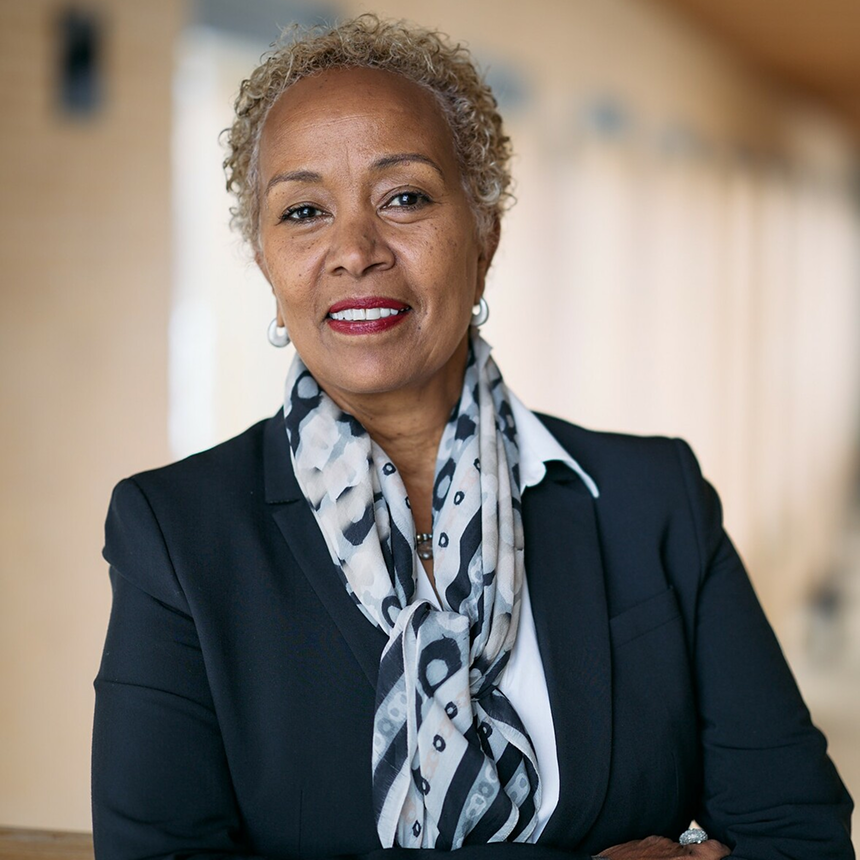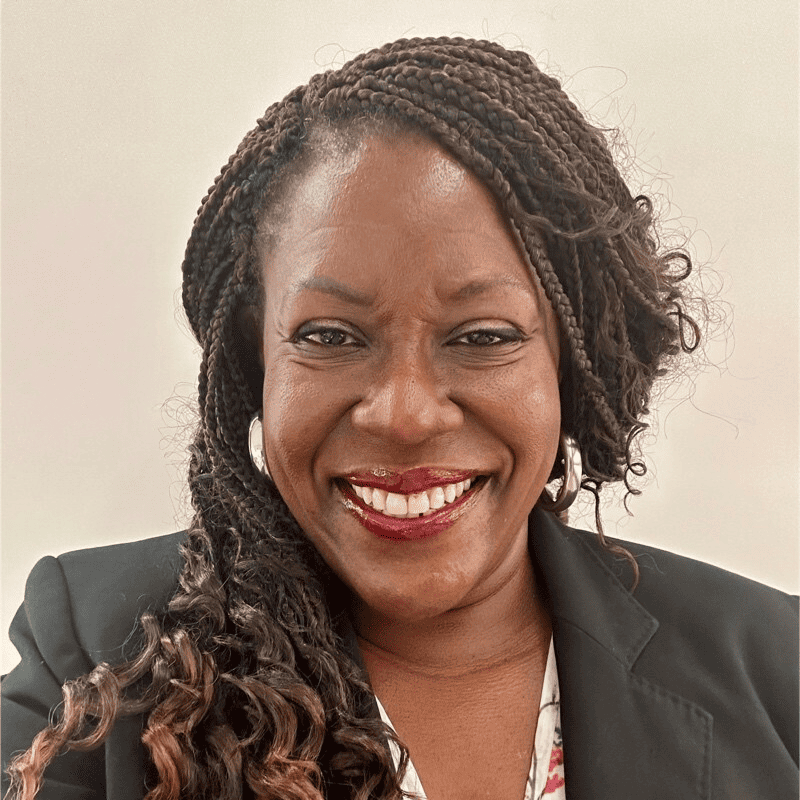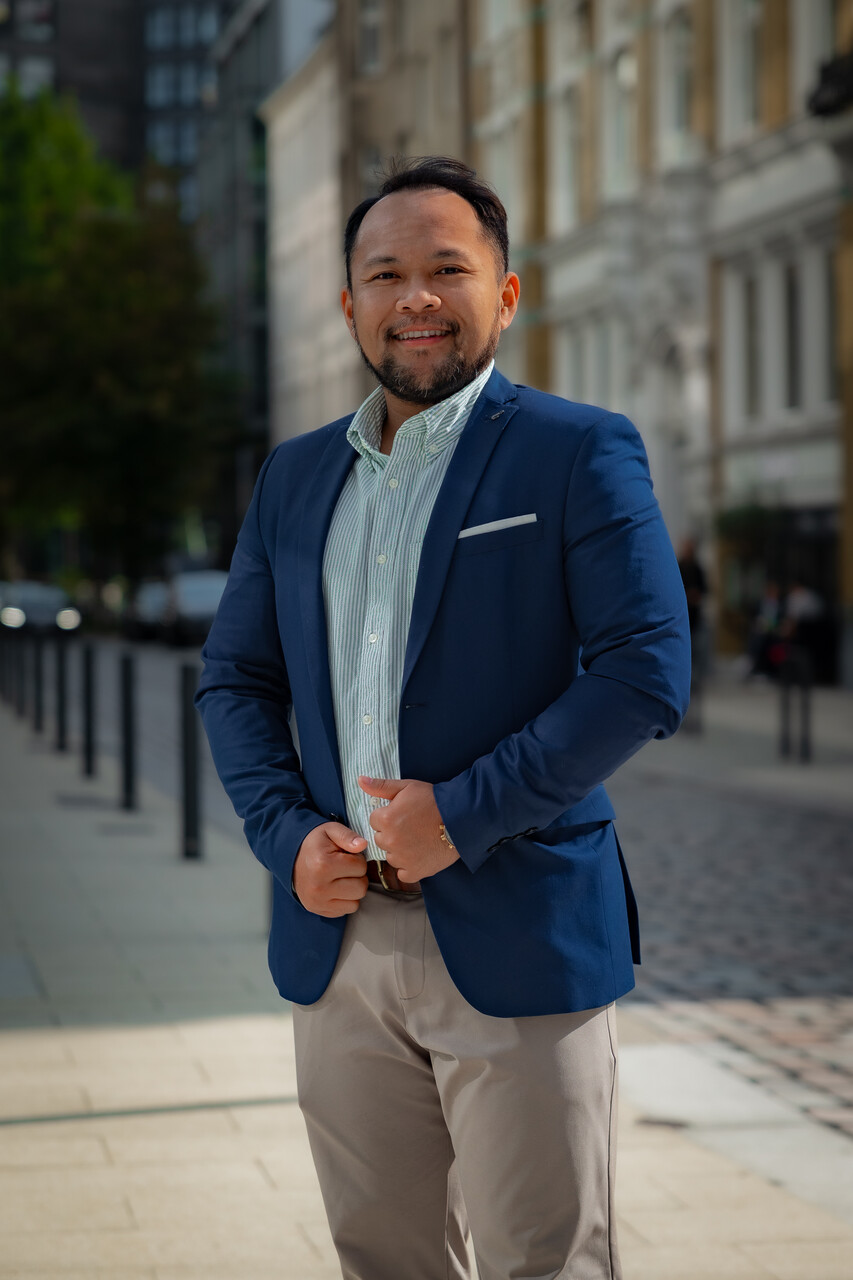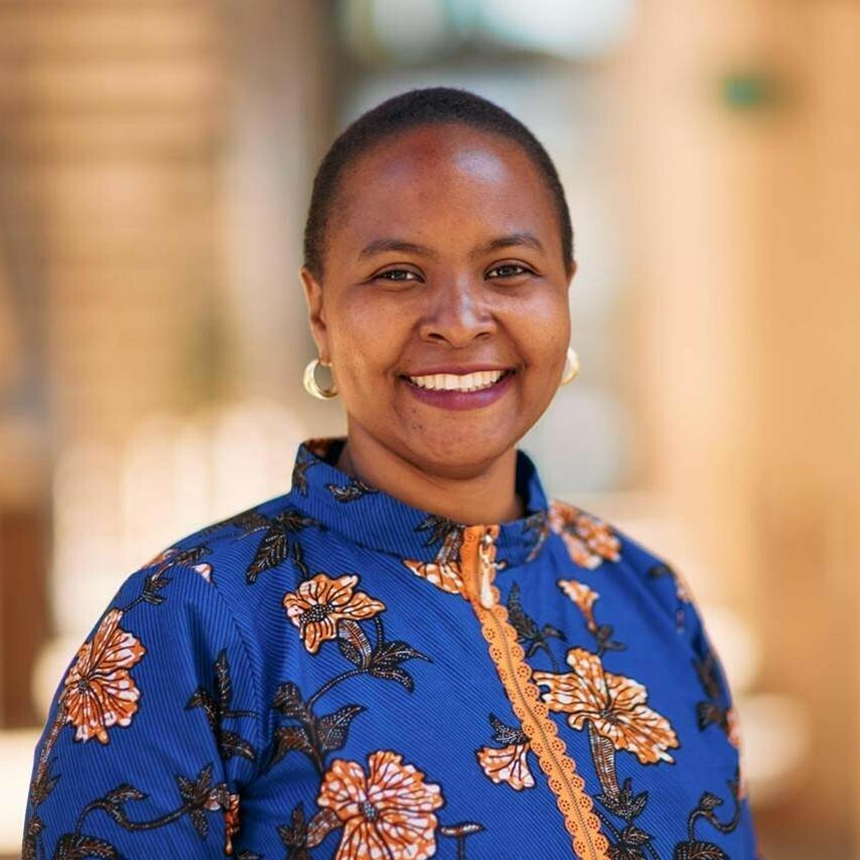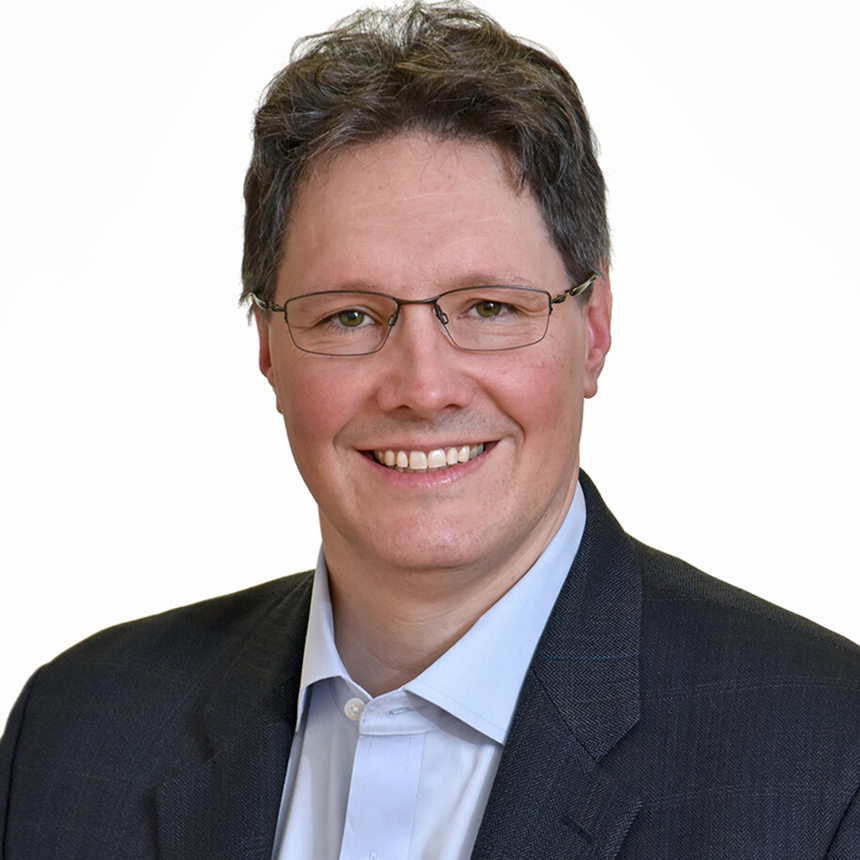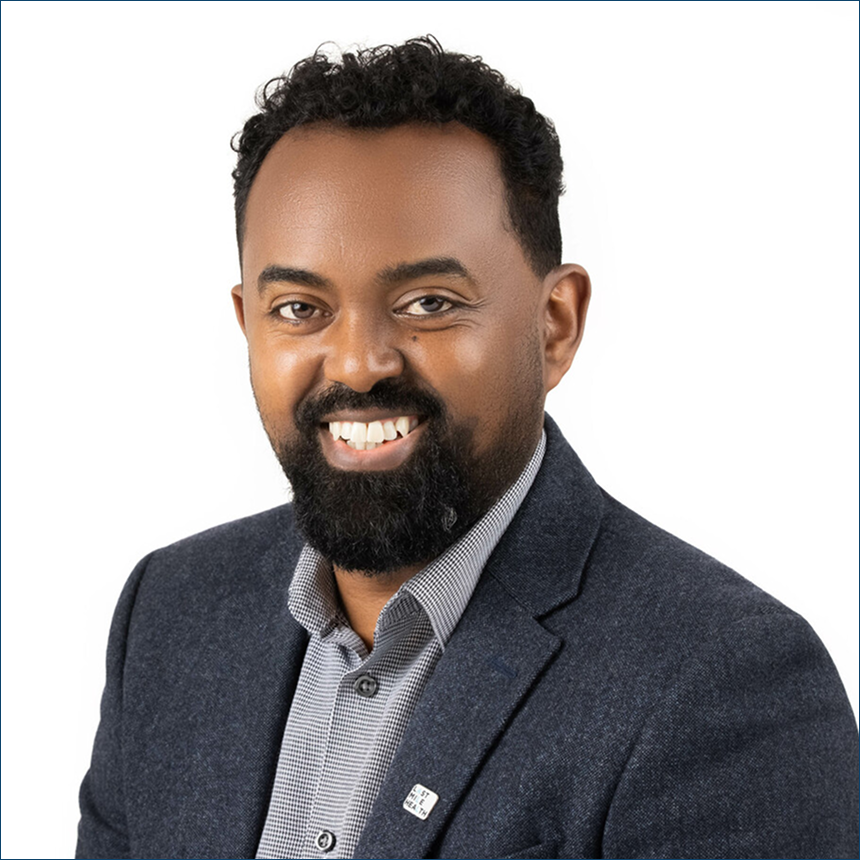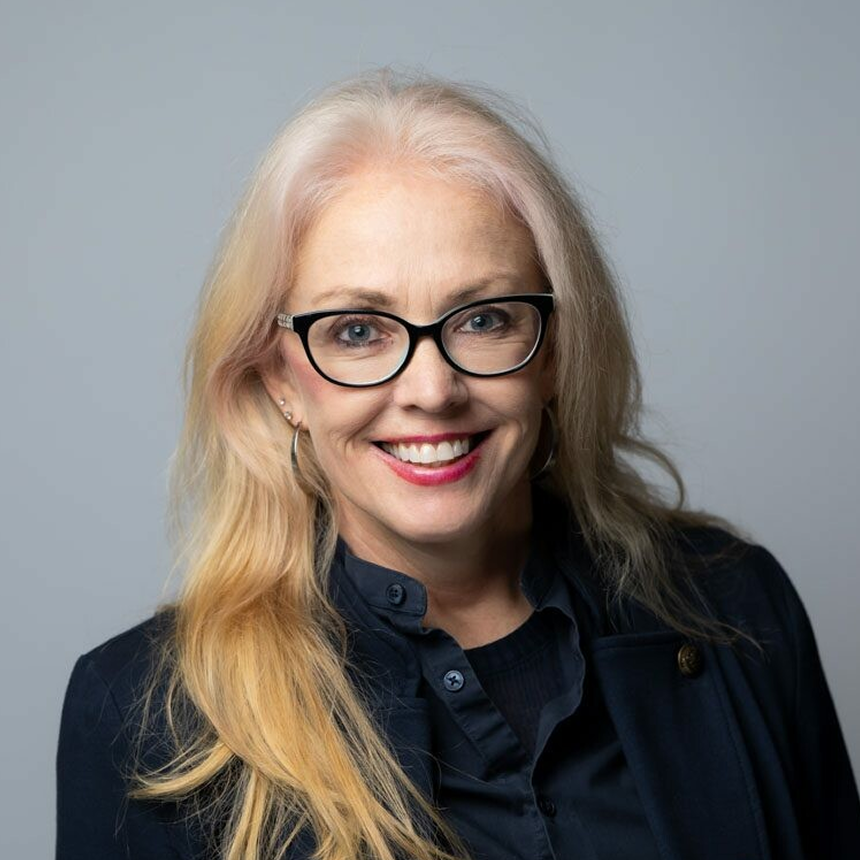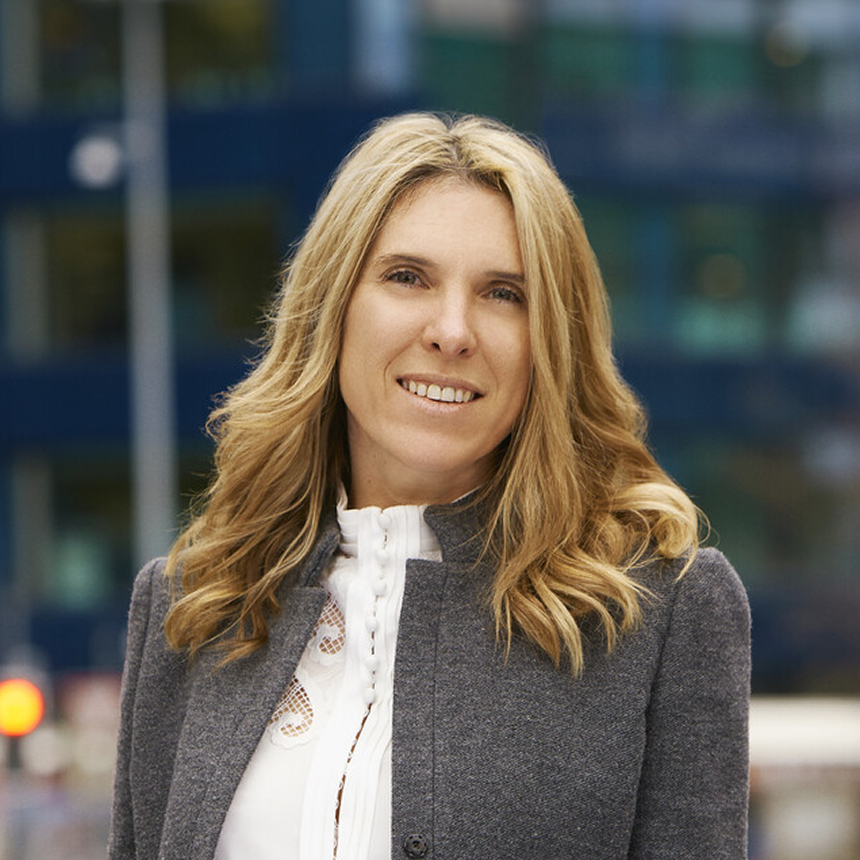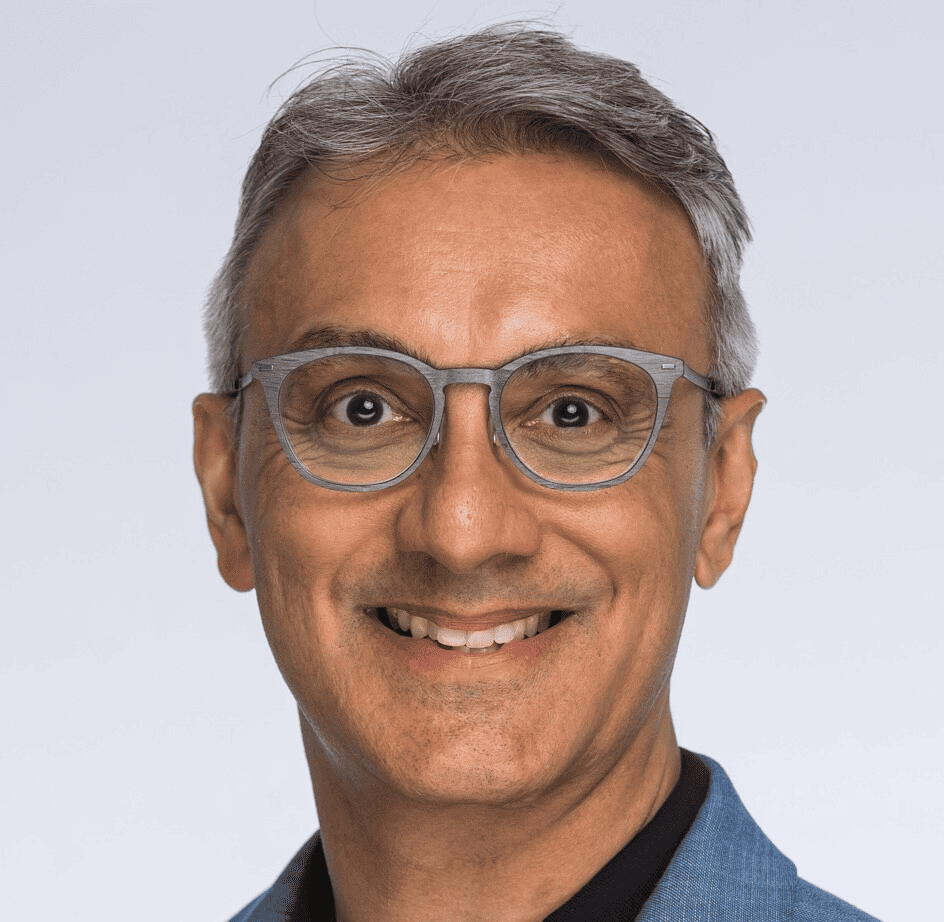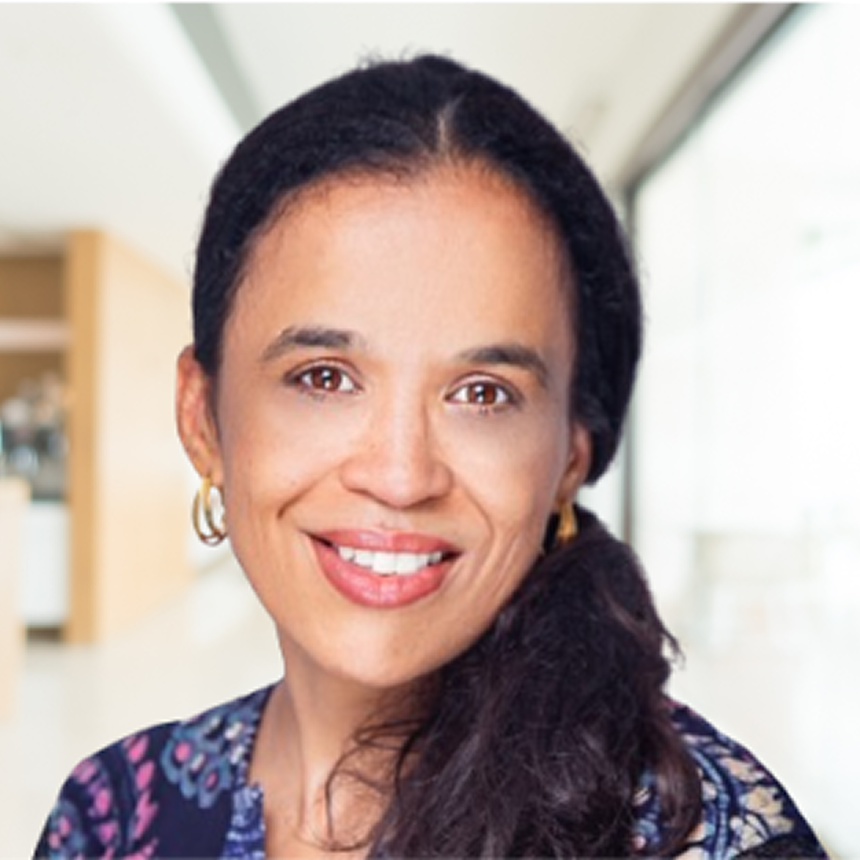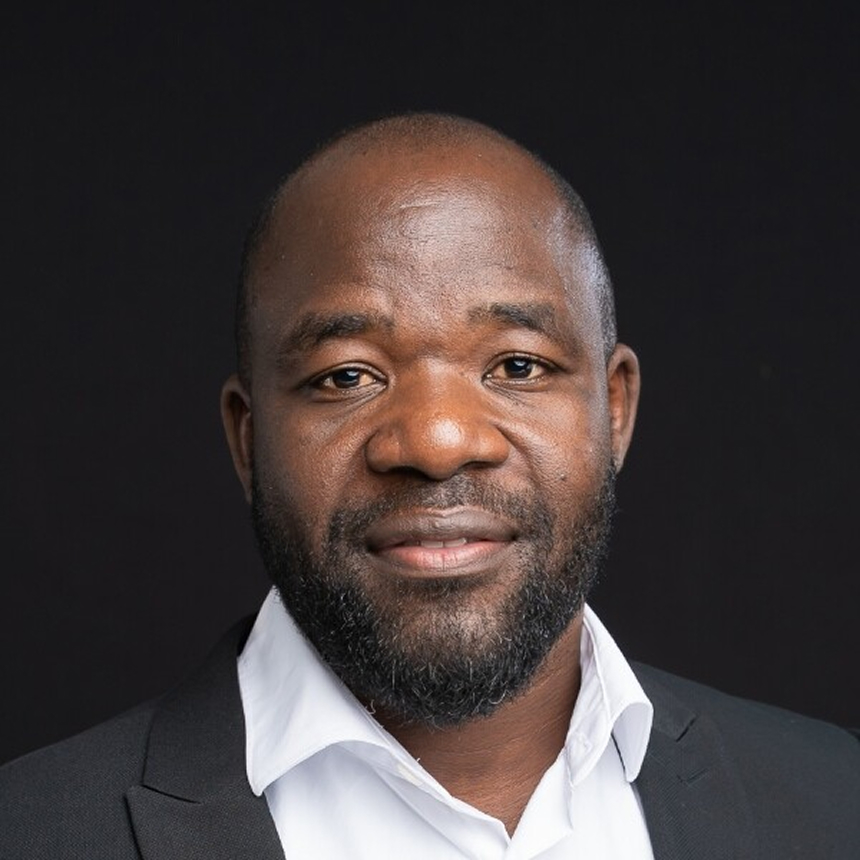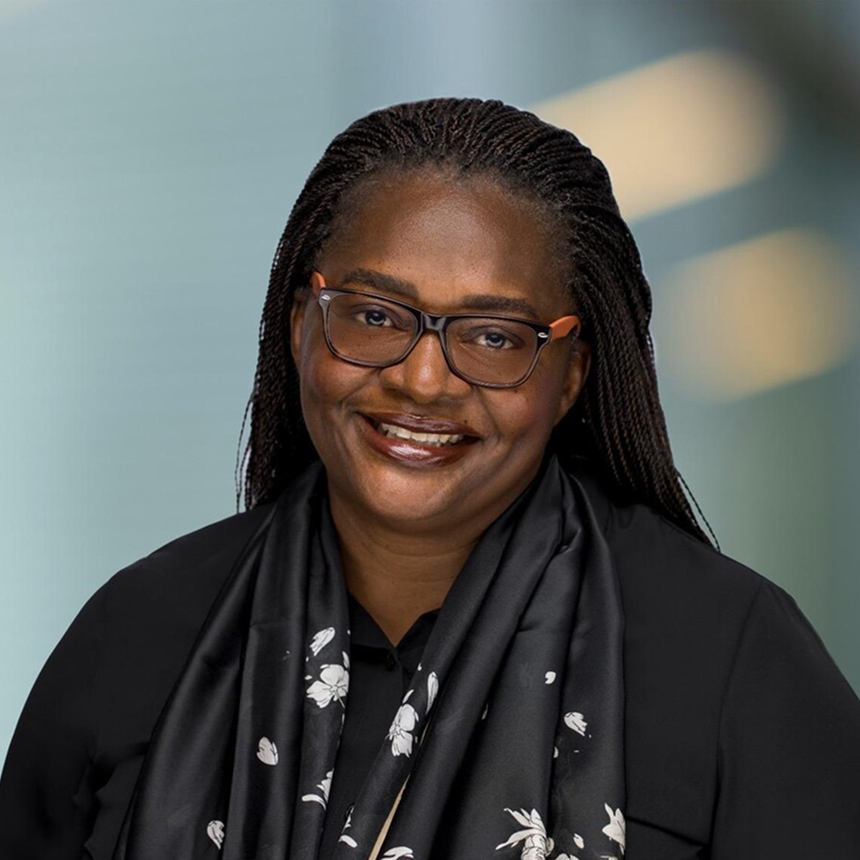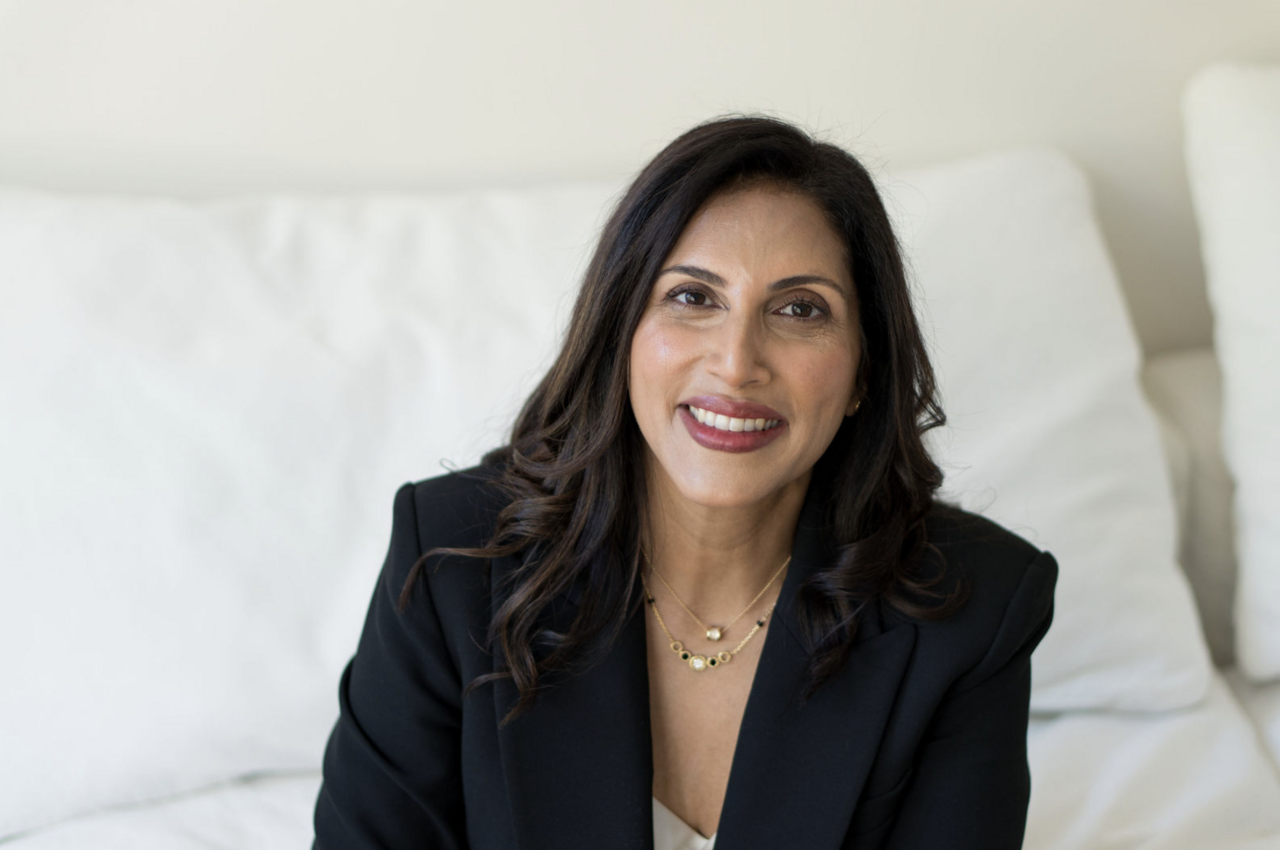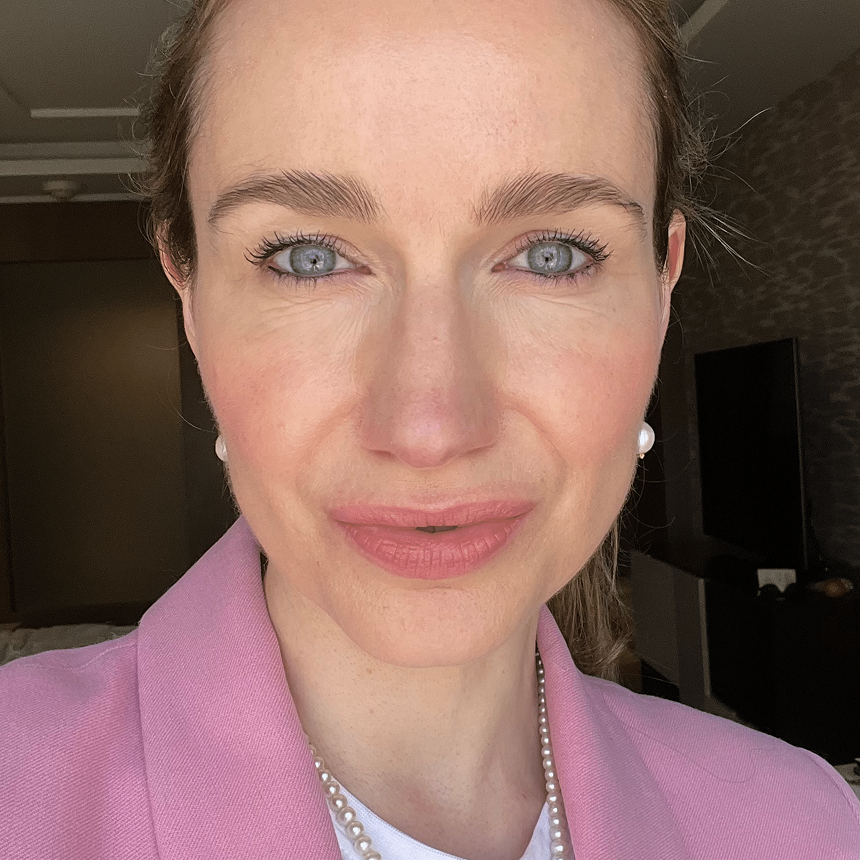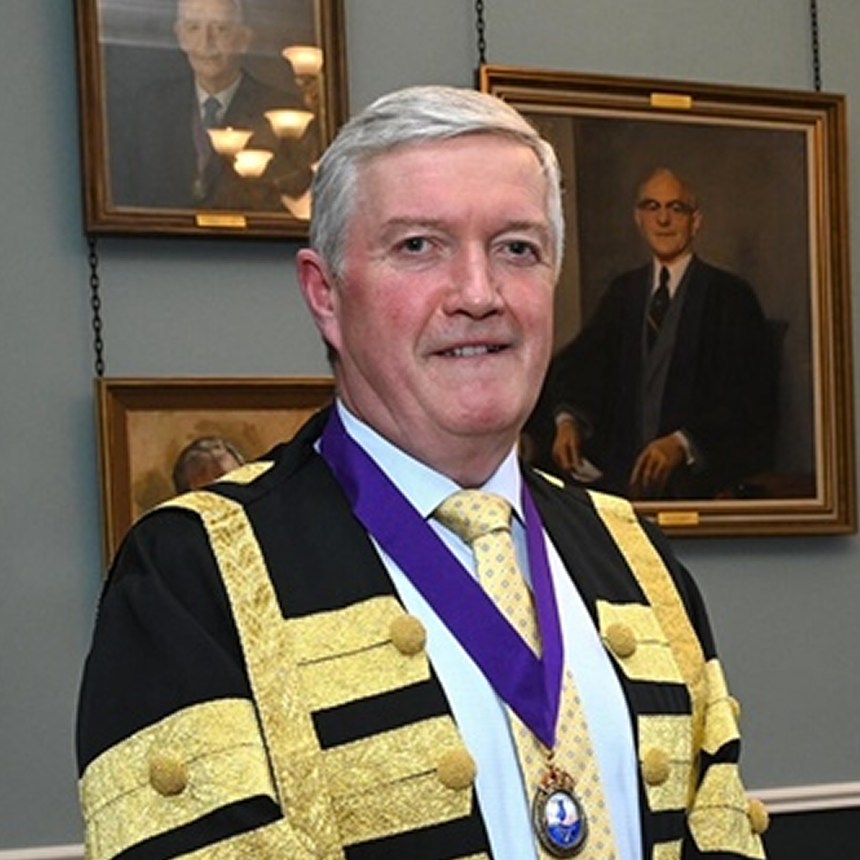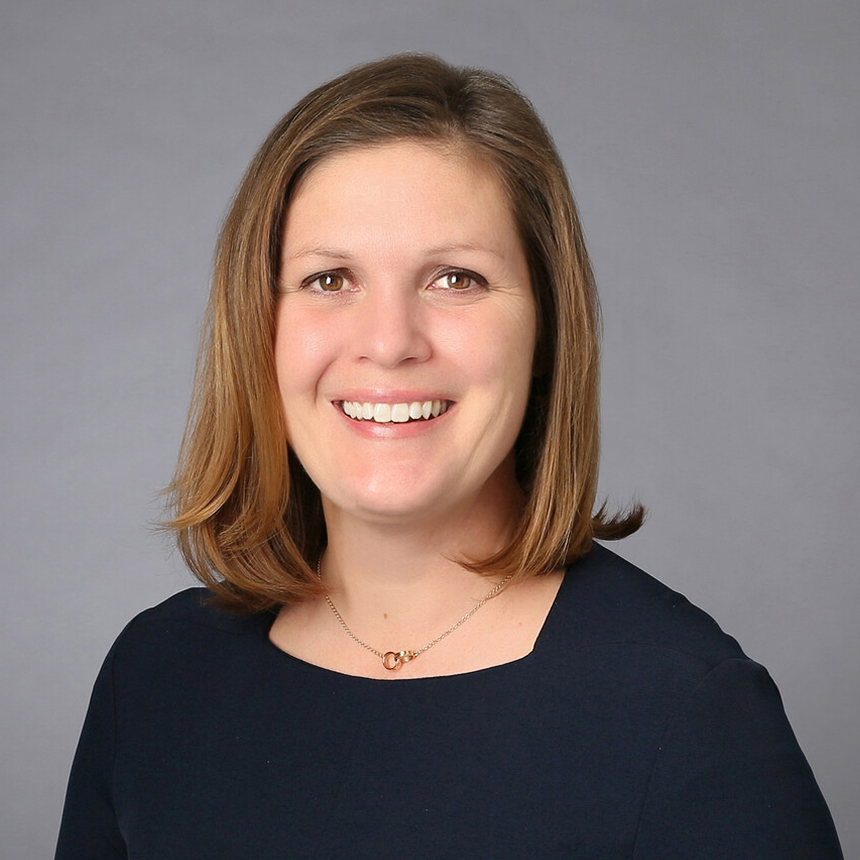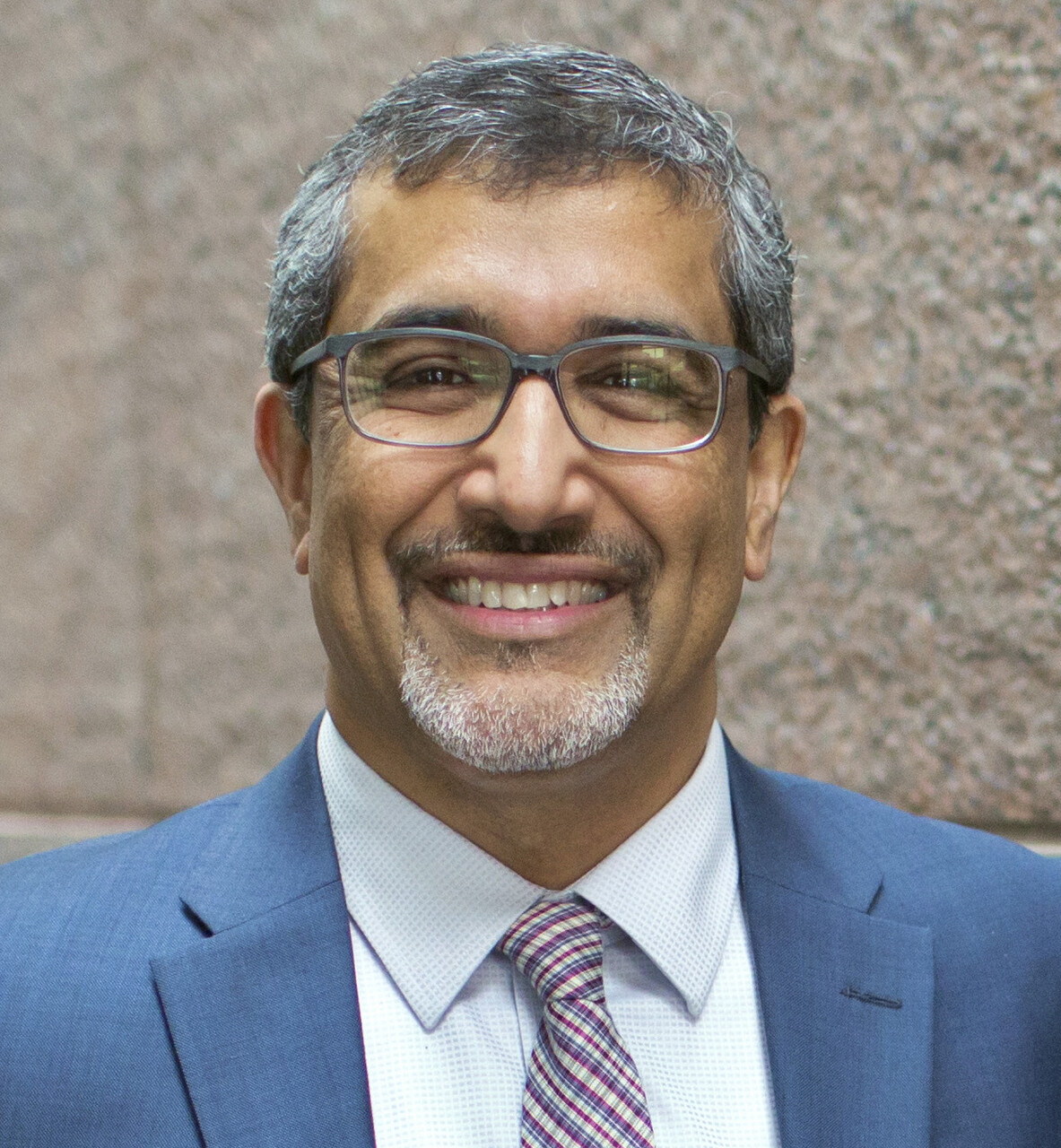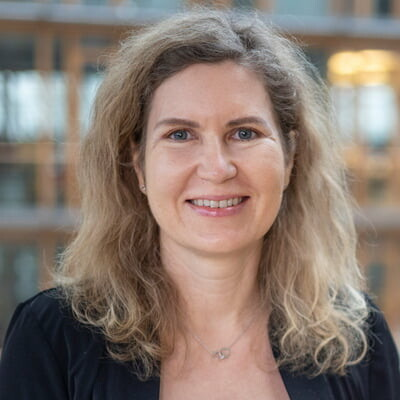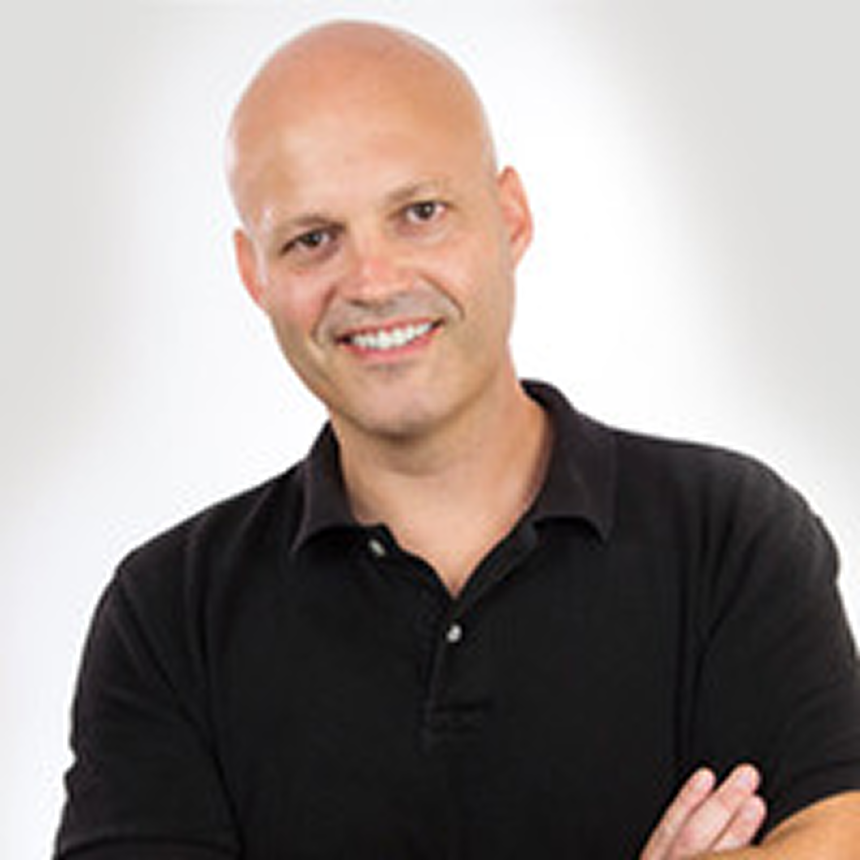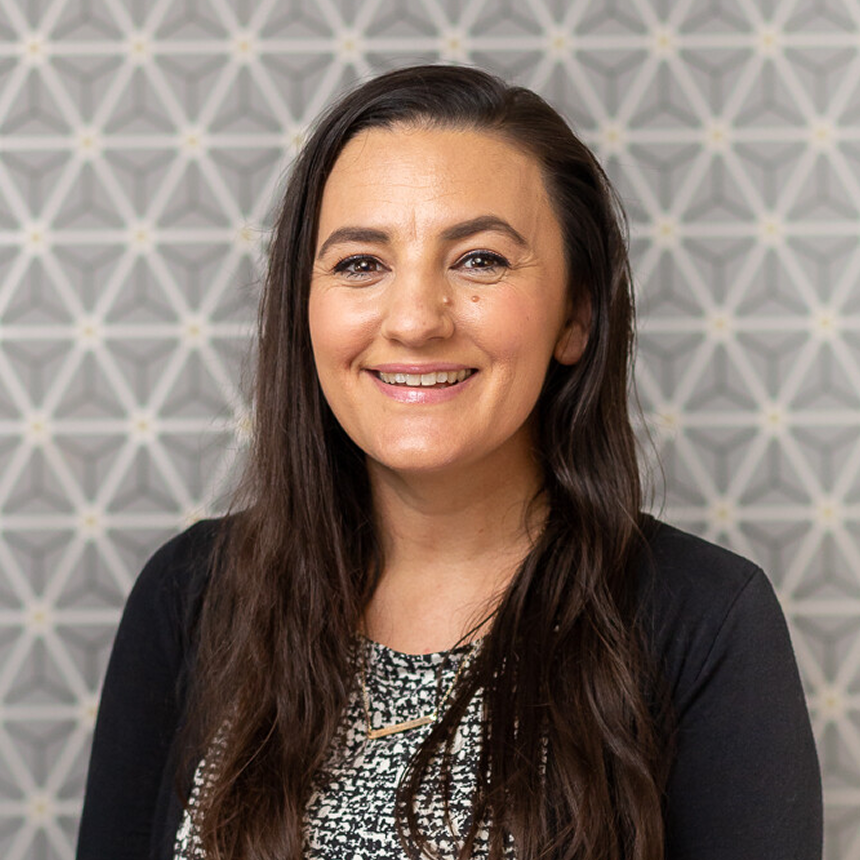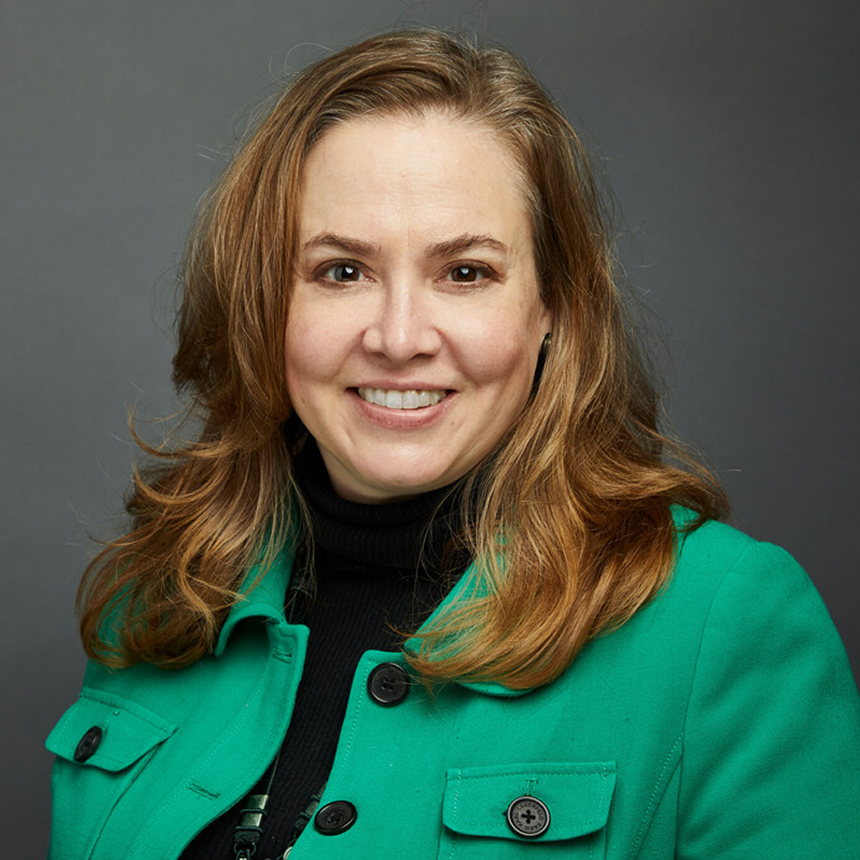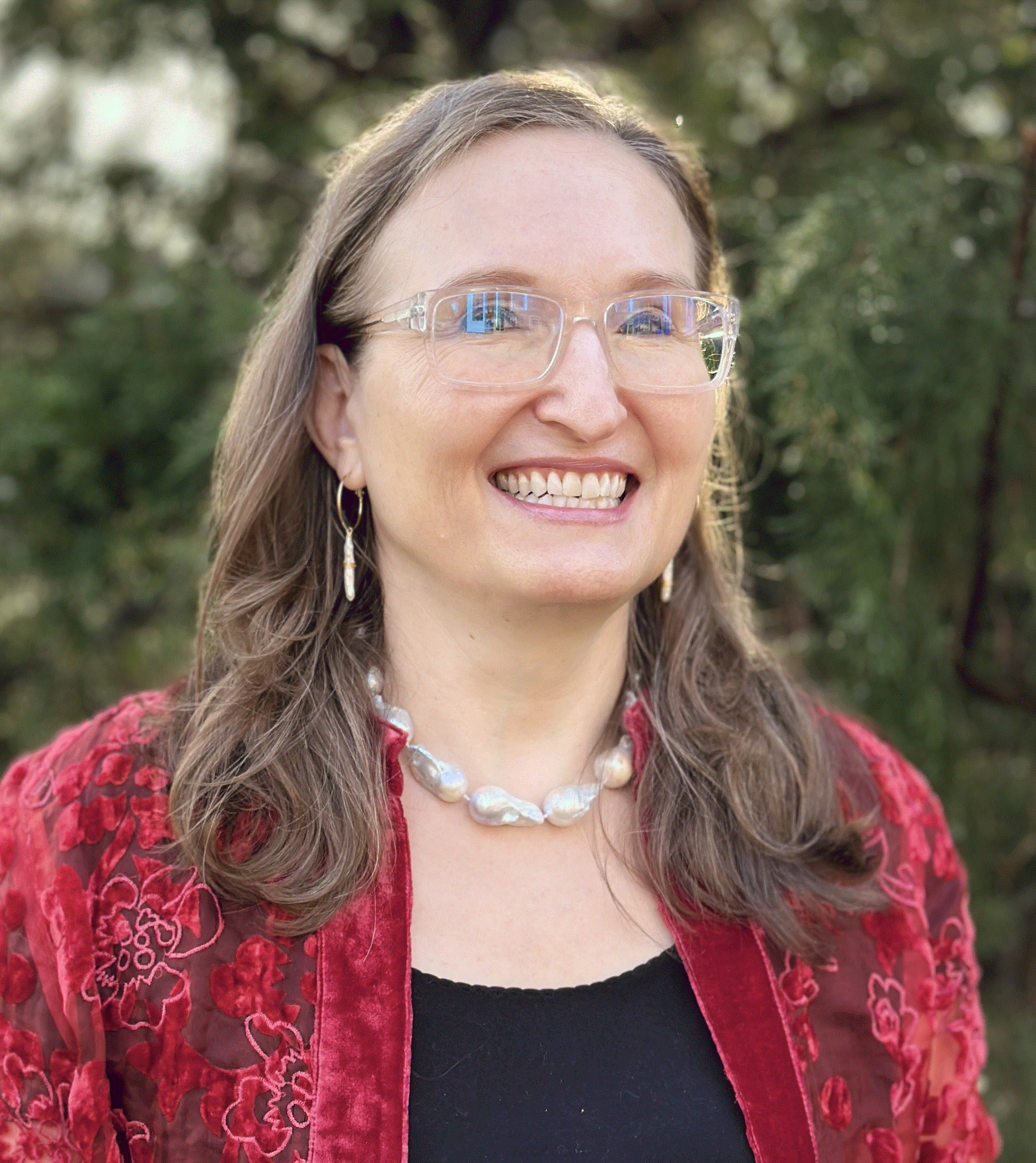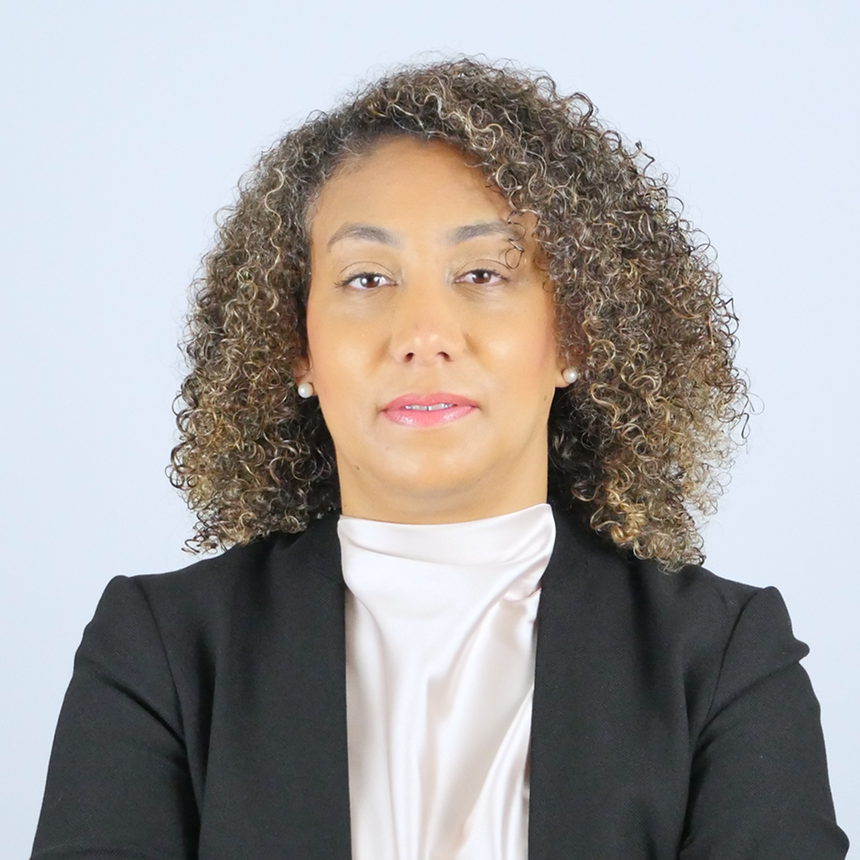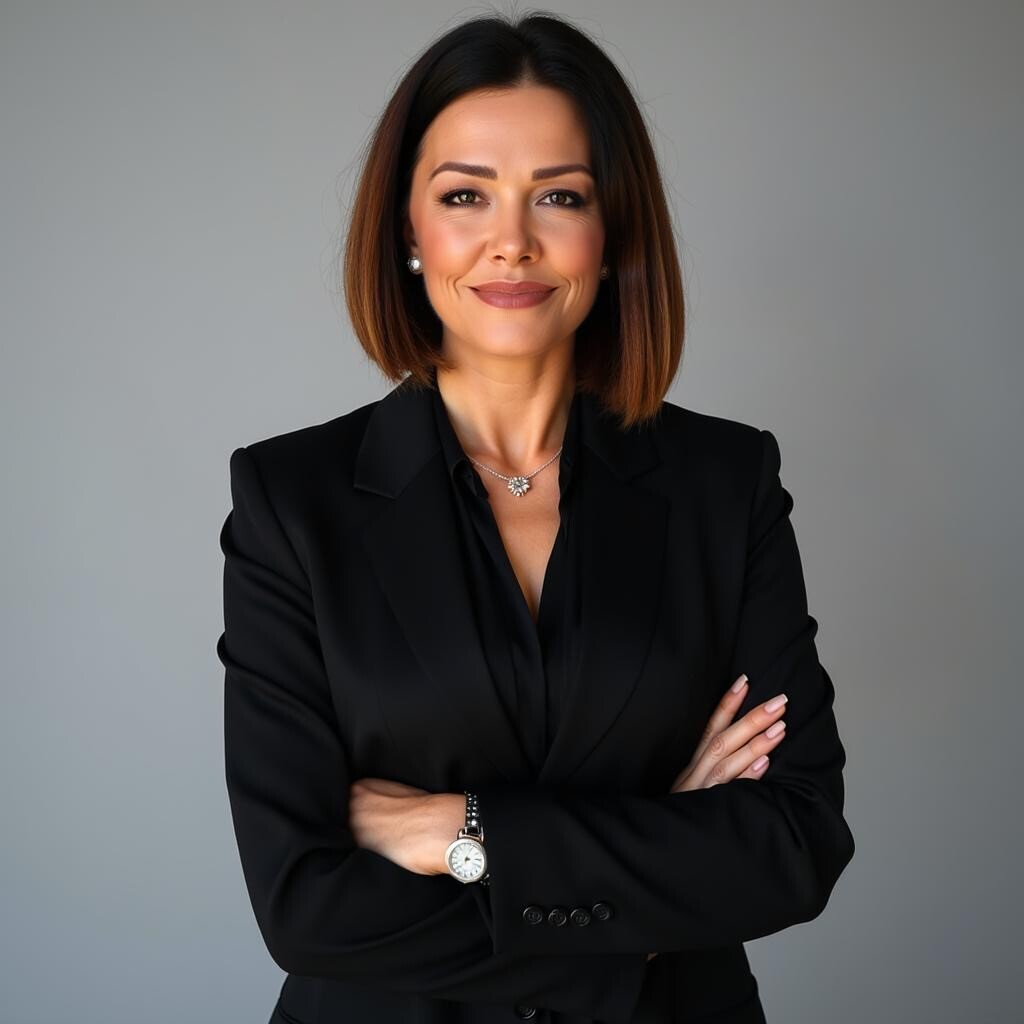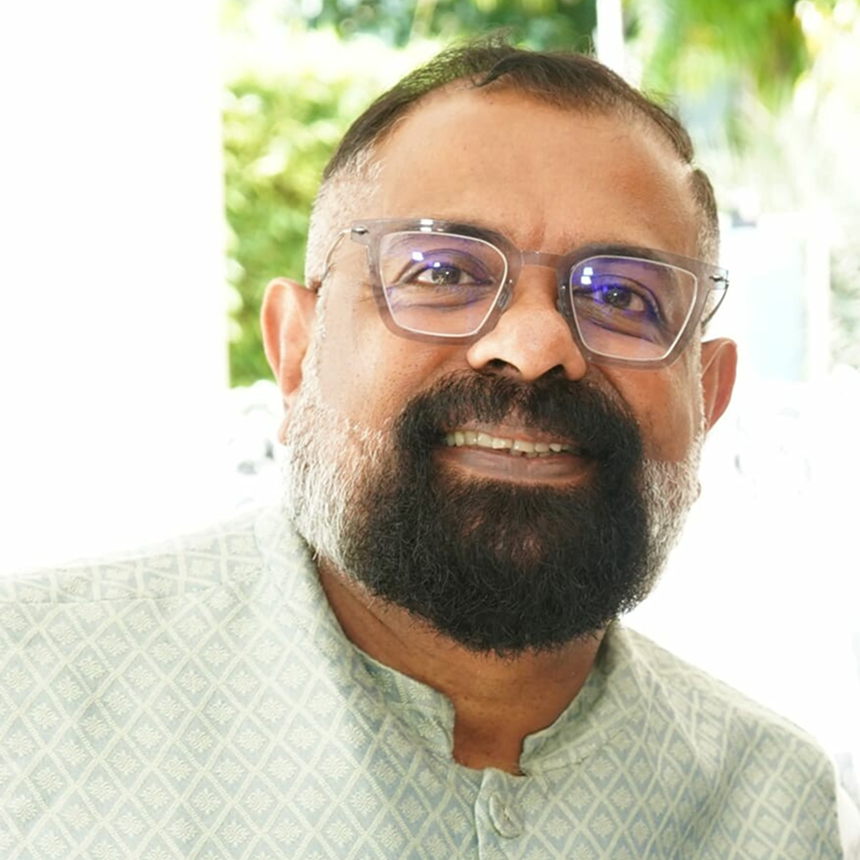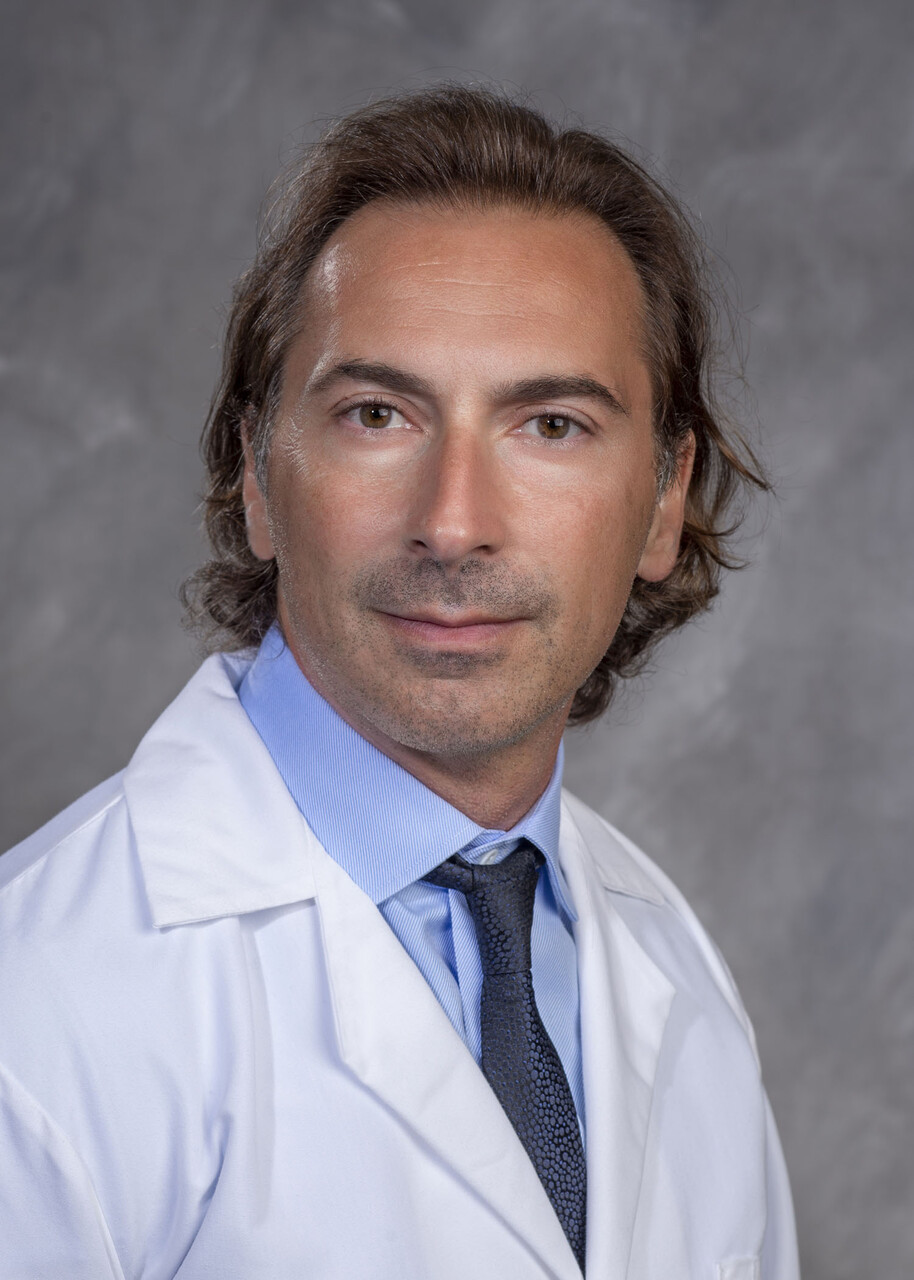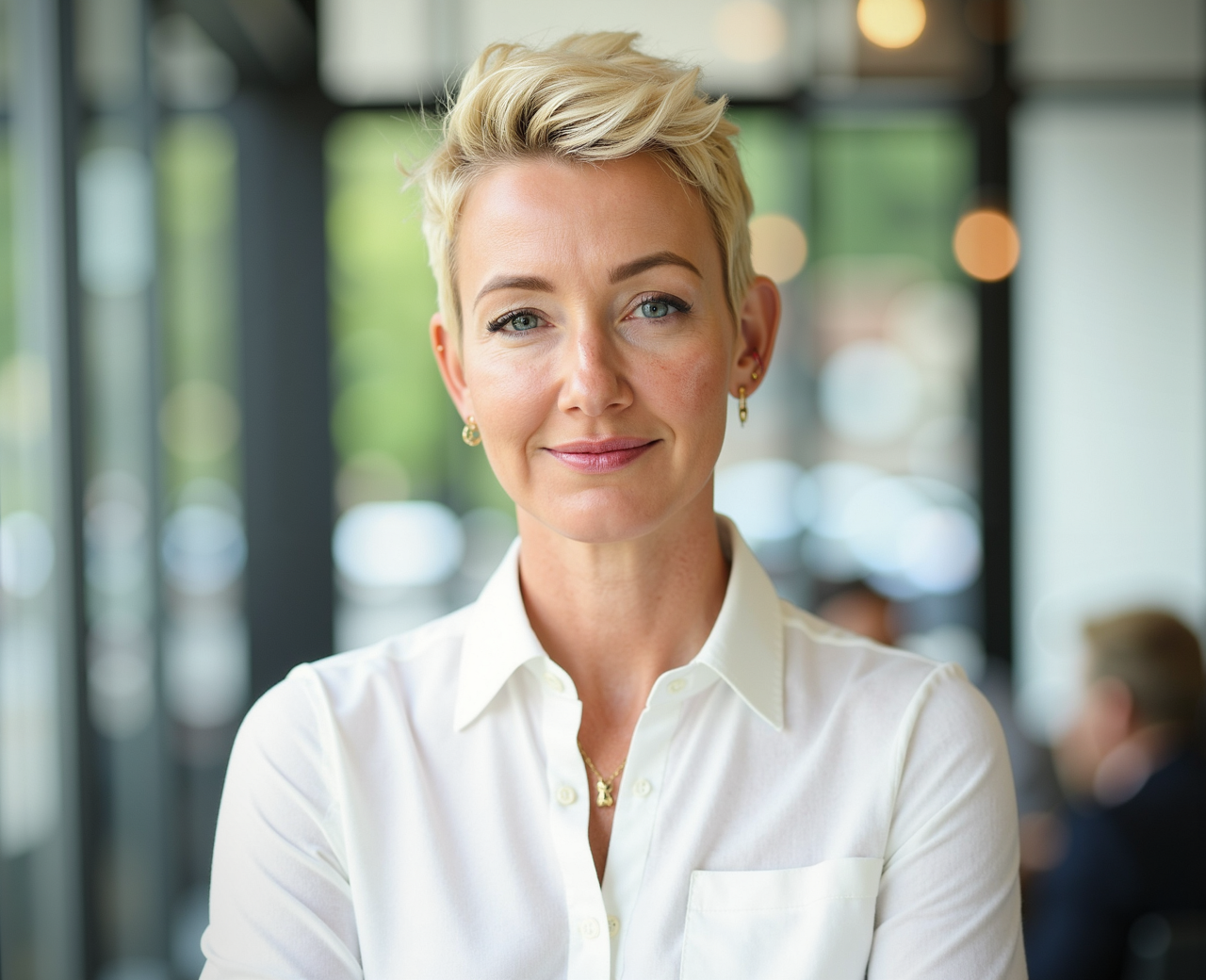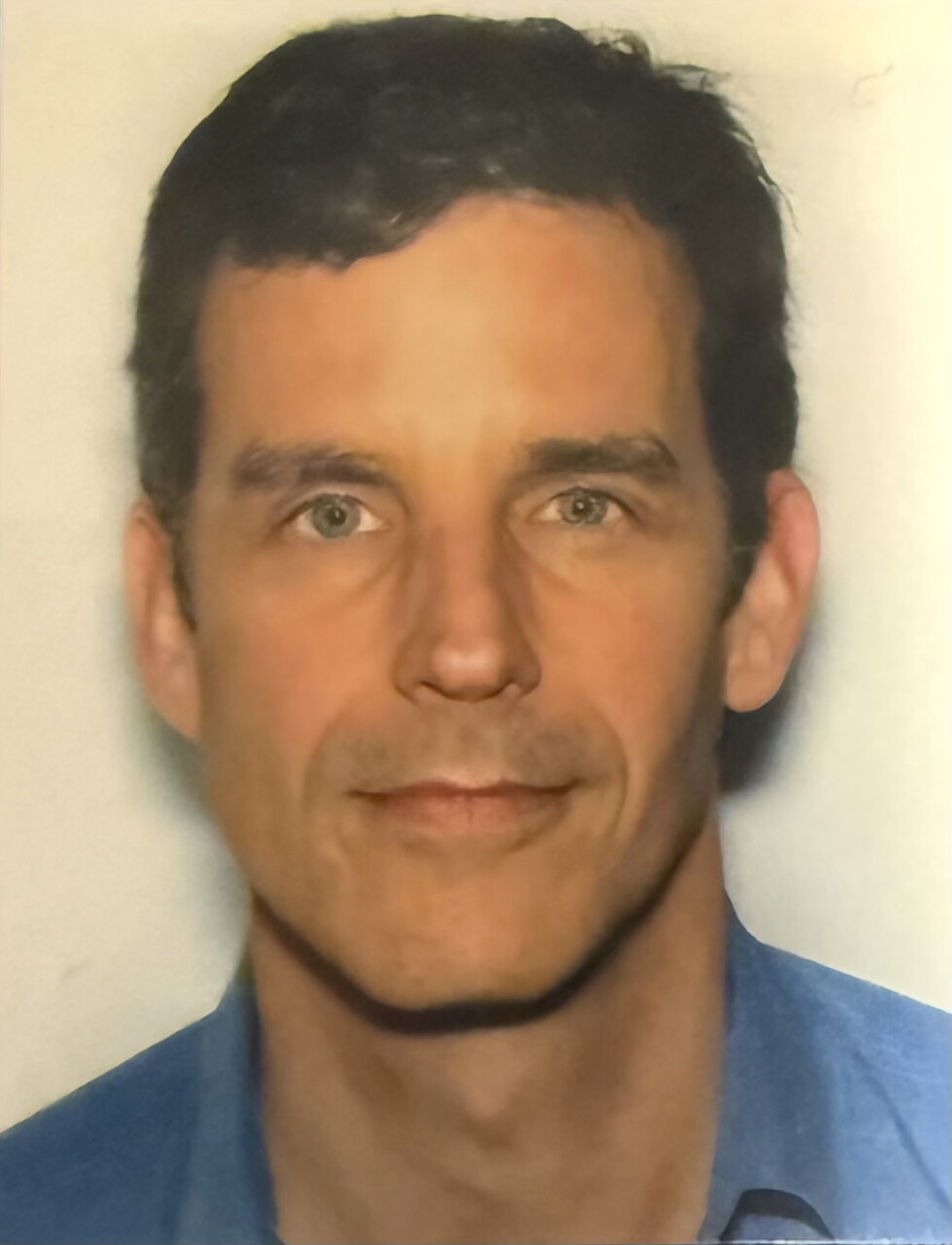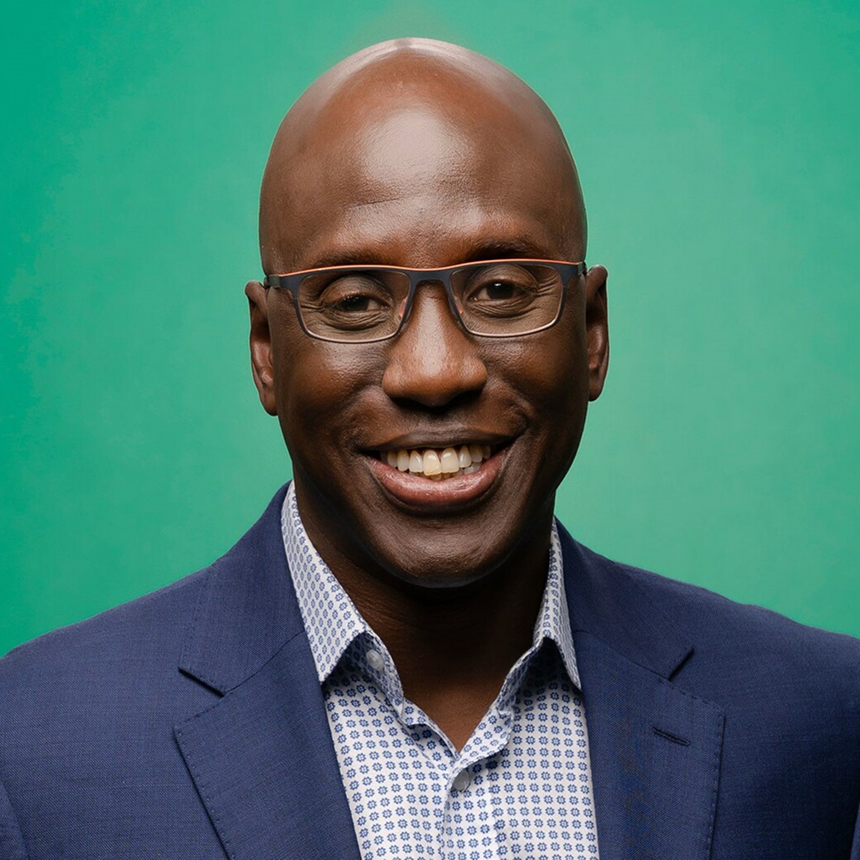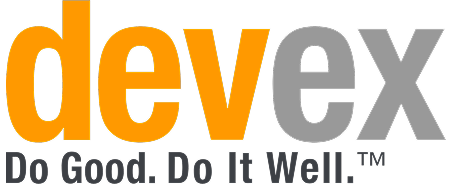Health Without Borders: Building a Global Workforce for the Future
The world is facing the greatest health workforce challenge of our time. By 2030, the WHO projects a global shortage of 11 million health workers, threatening access to care in every region — especially in low- and middle-income countries. At the same time, cross-border recruitment and migration are accelerating, opening new possibilities but also intensifying the strain on fragile systems.
Health Without Borders is where global action begins. Over three transformative days, the world’s policymakers, regulators, innovators, and health leaders will unite to:
- Accelerate workforce development through coordinated global investment
- Unlock mobility by harmonizing international credentials and standards
- Strengthen capacity with bold training programs and innovative governance
This is more than a conference — it’s a movement to shape the future of global health. Through thought-provoking panels, high-level fireside chats, and networking events, participants will co-create solutions that ensure health systems everywhere can rise to the growing demand for care.
Be part of the conversation. Be part of the change. Together, we can build a stronger, more connected, and resilient global health workforce.
Agenda
This agenda is evolving and subject to change. Check back for more updates!
From shortage to strength: Supporting the WHO call to action on health workforce development
Registration begins: networking and breakfast served
Opening welcome remarks
Speaker:
- Ahmed Alshamrani (CEO of the Health Academy, Saudi Commission for Health Specialties)
Opening remarks
Speaker:
- Jim Campbell (Director of Health Workforce, World Health Organization)
High-level interview
Speaker:
- Dr. Adham Ismail (Director of program management, World Health Organization - EMRO)
Moderator:
- Hannah Vaughan Jones (Broadcaster and former CNN anchor)
A robust and well-supported health care workforce is key for achieving improved health outcomes and well-being, as well as driving economic growth and gender equality. Hear directly from WHO, about what it will take to accelerate action on the global health workforce by 2030.
Fireside chat: Health without borders: Building a global workforce for the future
Speakers:
- Ilda Kuleba (Africa director, strategic operations and partnerships, mothers2mothers)
- Tina Flores (Director, Frontline Health Workers Coalition)
Moderator:
- Rajesh Mirchandani (Devex contributor and former BBC broadcaster)
How can international and regional cooperation help strengthen national health workforce capacities? We explore how countries can effectively support continuous skill development of migrating health care workers and the need for new regulatory models to set safe standards and build resilient health systems.
Building trust – international cooperation models for workforce mobility
Speakers:
- Kate Tulenko (CEO, Corvus Health)
- Rachel Deussom (Health workforce expert and independent consultant)
- Anne Makena (Director of partnerships, University of Global Health Equity)
- Felicitas Riedl (Director of innovation and competitiveness at the Projects Directorate, European Investment Bank)
Moderator:
- Hannah Vaughan Jones (Broadcaster and former CNN anchor)
Fifteen percent of health care workers globally are working outside their home countries, often creating shortages in already strained health care systems. How can host countries and countries of origin work together to address global workforce shortages through effective cooperation mechanisms? We dive deeper into successful strategies for ensuring mutual benefits and sustainable partnerships that strengthen global health systems in the face of new and old challenges.
High-level interview: Accelerated educational pathways to bridge the imaging workforce gap
Speaker:
- Tisha Boatman (EVP, global external affairs and health care access, Siemens Healthineers)
Moderator:
- Rajesh Mirchandani (Devex contributor and former BBC broadcaster)
As the burden of non-communicable diseases rises across low- and middle-income countries, the need for diagnostic imaging is growing — but qualified radiographers remain in short supply. This interview explores how accelerated educational pathways are transforming access to care by upskilling health professionals in just months, and how innovation in education can unlock new possibilities for health systems under pressure.
High-level interview: Primary care without borders: Strengthening partnerships in physician migration
Speaker:
- Dr. Shailey Prasad (Carlson Chair of Global Health and executive director of the Center for Global Health and Social Responsibility, University of Minnesota)
Moderator:
- Ahmed Alshamrani (CEO of The Health Academy, Saudi Commission for Health Specialities)
Family medicine/general practitioner, or GP, is on the forefront of global challenges. High-quality primary care coverage and improvements in prevention is critical to achieve UHC globally. Dr. Shailey Prasad will share his experience in providing care in underserved areas and will highlight how both importing and exporting countries can benefit from cooperation.
Networking lunch
Fireside chat: Safeguarding the future of an interconnected health workforce by 2030
Speakers:
- Dr. Jarbas Barbosa (Director of the Pan American Health Organization and regional director for the Americas of the World Health Organization, PAHO/WHO)
- Hon. Dr. Mariam Jashi (CEO of Global Sepsis Alliance and board member of UNITE Parliamentarians Network for Global Health)
- Howard Catton (Chief executive officer, International Council of Nurses)
Moderator:
- Hannah Vaughan Jones (Broadcaster and former CNN anchor)
With increasingly interconnected global health challenges ranging from the COVID-19 pandemic to Ebola, noncommunicable disease care and management, and longer-term care needs for older adults, regional and international cooperation will play a key role in ensuring a skilled and mobile health workforce that's prepared to address multifaceted needs in health care delivery. We explore what cooperation mechanisms are needed to ensure a well-qualified fit-for-purpose health workforce that is globally interconnected to respond to future challenges.
Panel discussion: Ensuring a globally sustainable nursing workforce
Speakers:
- Howard Catton (Chief executive officer, International Council of Nurses)
- Dr. Allison Squires (Professor and director of the Global Consortium of Nursing & Midwifery Studies, Rory Meyers College of Nursing, New York University)
- Jerilyn Hoover (RN, MPH, Independent consultant)
- Dr. Robin Toft Klar (Clinical professor, New York University)
- Dr. Susan Michaels-Strasser (Senior director of human resources for health development, ICAP at Columbia University Mailman School of Public Health)
Moderator:
- Steve Gardner (Managing Director, Healthcare World)
Nursing stands at the forefront of global health care workforce shortages. This session will examine how improved mobility and harmonized credentialing can help address urgent gaps, while also considering how sustained investments in nurse education and training can meet the growing demand. Perspectives will highlight both immediate needs and long-term strategies for strengthening the nursing workforce.
Fireside chat: Actionable support models. Examples of cooperation benefiting importing and exporting countries
Speaker:
- Ahmed Alshamrani (CEO of The Health Academy, Saudi Commission for Health Specialities)
Moderator:
- Steve Gardner (Managing Director, Healthcare World)
Global health worker shortages are intensifying, and migration is reshaping where and how care is delivered. This conversation will highlight concrete examples of collaboration between governments, training institutions, and professional bodies that create mutual benefit for both source and destination countries. By exploring innovative models linking workforce development, training, and mobility, the session will highlight practical approaches that can be adapted to strengthen health systems worldwide.
Panel discussion: What do local health systems need? Ensuring international migration of health workers benefit everyone
Speakers:
- Eleanor Nott (Senior adviser and co-founder, David Nott Foundation)
- Dr. Ruben Ayala (Chief policy and advocacy officer, Operation Smile)
- Martin Msukwa (Chief program and innovation officer, Seed Global Health)
- Desta Lakew (Group director of partnerships and external affairs, Amref Health Africa)
Moderator:
- Hannah Vaughan Jones (Broadcaster and former CNN anchor)
Calls to accelerate action and fill global health workforce gaps by 2030 will require actionable and measurable commitments that can boost workforce development in ways that benefit both local and host-country health systems. We'll highlight the interventions needed to ensure local health systems reap the benefits of a migrating workforce, and explore how a global monitoring and coordination mechanism could look like.
High-level interview: Health workers are people too: Applying psychology to grow and support a globalised workforce
Speakers:
- Professor Jo Hart (Professor of health professional education, University Of Manchester)
- Professor Lucie Byrne-Davis (University Of Manchester)
Moderator:
- Dr. Ahmed Aldemerdash (Advisor, Secretary General, Saudi Commission for Health Specialties)
In addition to emotionally taxing work, health care workers are also exposed to stress and burnout — issues that are all compounded by cultural pressures for globally mobile practitioners. We'll explore how behavioral science can be used to understand these challenges. Conversations will also highlight strategies to strengthen high-quality and safe practice through training that goes beyond clinical skills, including workplace interventions that can contribute to both practitioners’ well-being and high-quality patient care.
Fireside chat: Building Strength Together: Immunization Strategies and Workforce Capacity Building
Speaker:
- Faisal Gilani (Director for Africa, Asia, Latin America, and the Middle East Gavi, The Vaccine Alliance)
Global health is an intricate ecosystem of stakeholders, alliances, and initiatives with ultimate common objectives. This session will explore the intersection of health workforce strengthening and global immunisation strategies supported by GAVI. It will highlight shared goals and opportunities for joint action within the framework of global calls to advance immunisation, workforce development, and capacity building.
Day one closing remarks
Speaker:
- Dr. Ahmed Aldemerdash (Advisor, Secretary General, Saudi Commission For Health Specialties)
Aligning credentials, unlocking mobility
Registration begins: networking and breakfast served
Opening welcome remarks
Speaker:
- Dina Alismail (Executive Director of Health Diplomacy, Saudi Commission for Health Specialities)
Fireside chat: Building bridges: a north star vision for harmonized credentials
Speaker:
- Dina Alismail (Executive Director of Health Diplomacy, Saudi Commission for Health Specialities)
Moderator:
- Hannah Vaughan Jones (Broadcaster and former CNN anchor)
This session will feature an in-depth conversation on the challenges and opportunities in the global recognition of medical credentials. The discussion will highlight current practices for credential recognition required to pursue postgraduate training in the United States. Representatives from Intealth will share their experiences and observations on the international landscape as well as provide insights into opportunities for greater alignment and transparency, such as advancing unified, competency-based training.
The Role of Accreditation in Global Workforce Flow
Speaker:
- Dr. Diarmuid O’Shea (President, Royal College of Physicians of Ireland)
Moderator:
- Steve Gardner (Managing Director, Healthcare World)
The development of harmonized credentials is a gradual process that cannot be realized instantaneously. Building mutual trust among partners is essential, ensuring commitments are upheld while placing health practitioners, their skills, and patient safety at the center. This interview will share perspectives on past journeys, the factors behind their success, and how such experiences can support broader multilateral efforts.
How can we harmonize global health workforce credentials?
Speaker:
- Dr. Guilherme Duarte (Executive Director, UNITE)
- Dr. Nneka Mobisson (Cofounder and CEO, mDoc)
- Isabel Mestres (CEO, City Cancer Challenge)
Moderator:
- Hannah Vaughan Jones (Broadcaster and former CNN anchor)
Harmonizing cross-border credentialing is key for building a more connected and capable global health workforce. Regulators, health systems, and international organizations must come together to ensure that international health practitioners are equipped, recognized, and able to meet global health demands as populations age and new health. challenges emerge. We'll discuss how harmonization could look like and the collective efforts needed to improve current credentialing systems.
Keynote speech: Global Health Professionals Credentialing Framework: case for developing unified and transparent credentialing framework
Speaker:
- Dr. Muhannad Al Mughthim (General Manager of Professional Practice Standards, Saudi Commission for Health Specialties)
Moderator:
- Steve Gardner (Managing Director, Healthcare World)
The early proposal for the global harmonization framework will be presented, considering challenges such as workforce shortage balanced with quality assurance in credentialing. The framework will leverage lessons from similar global efforts, focusing on commitment and multi stakeholder engagement, fostering ethical mobility, while securing patient outcomes.
High-level interview: Challenges of credential harmonization
Speakers:
- Eric Holmboe (President and CEO, Inthealth)
- Lyuba Konopasek (Senior vice president at Intealth and executive director of FAIMER, Intealth)
Moderator:
- Steve Gardner (Managing Director, Healthcare World)
This session will feature an in-depth conversation on the challenges and opportunities in the global recognition of medical credentials. The discussion will highlight current practices for credential recognition required to pursue postgraduate training in the United States. Representatives from Intealth will share their experiences and observations on the international landscape, as well as provide insights into opportunities for greater alignment and transparency, such as advancing unified, competency-based training.
High-level interview / mini-panel: International credentials and regulatory practice. Perspective of the regulator and practitioners
Speakers:
- Stephen Boese (Executive Secretary, New York State medical boards)
- Dr. Jeff Markuns (Executive director, Global health collaborative, Department of Family Medicine, Boston University)
- Kana Halić Kordić (Vice president for external affairs, International Federation of Medical Students' Associations)
Moderator:
- Steve Gardner (Managing Director, Healthcare World)
This session will present three distinct perspectives on credential harmonization: those of the regulator, the practitioner, and the trainee. It will consider how each views the present, and future of harmonization of certification for healthcare professionals, and how ambitions and expectations differ or align. By bringing these voices together, the discussion will provide a nuanced understanding of the evolving landscape and its implications for shaping sustainable, globally relevant approaches to harmonized credentialing.
Networking lunch
The road forward: Implementing harmonization of global health workforce credentials
Speakers:
- Katherine Urbaez (Executive Director, Health Diplomacy Alliance)
- Dr. Pamela Cipriano (Co-chair, steering committee, UHC2030)
- Sarah Peterson (Partner, Fragomen, Del Rey, Bernsen & Loewy LLP)
Moderator:
- Hannah Vaughan Jones (Broadcaster and former CNN anchor)
What's needed to implement a harmonized and truly global credential system for the health workforce of the future? Key stakeholders will lay out the road map and clarify the roles of governing bodies and international organizations in ensuring the necessary reforms and next steps, including through the creation of dedicated working groups to drive the initiative forward.
Health without borders, building global workforce for the future: Panel Discussion and partner highlight "Cedars Sinai"
Speakers:
- Heitham Hassoun (Chief executive at Cedars-Sinai International and professor of surgery at Cedars-Sinai Medical Center, Cedars-Sinai)
- Noha Hachach (Managing Director of the Gulf Cooperation Council, Cedars-Sinai)
- Nikoloz Kobakhidze (Founder, THE Crossroads)
Moderator:
- Amjad Alahmed (General Manager - Global Marketing, Saudi Commission for Health Specialties)
Bring together experienced health care leaders and global experts, the discussion will explore the most urgent workforce priorities today and the different models toward building a global workforce. Panelists will share lessons from successful workforce models and international initiatives – from upskilling programs to innovative cross-border training partnerships – that could be scaled or adapted to diverse contexts. The session aims to shed light on a path forward for health systems to collaboratively build a resilient, skilled, and future-ready global health workforce to serve communities everywhere.
Bridging skills and standards: Preparing the next generation of health professionals
Registration begins: networking and breakfast served
Opening welcome remarks
Speaker:
- Ahmed Aldemerdash (Advisor to the Secretary General, Saudi Commission for Health Specialties)
Fireside chat: Global health workforce: International cooperation to address shortage
Speaker:
- Amjad Alahmed (General Manager - Global Marketing, Saudi Commission For Health Specialties)
Moderator:
- Steve Gardner (Managing Director, Healthcare World)
By 2030, many countries are expected to face significant challenges within their health systems due to aging populations, a projected shortage of 11 million qualified health and care workers (WHO), and unsustainable migration trends that threaten the stability and equity of health service delivery. This session aims to foster dialogue on practical and collaborative solutions, including coordinated global efforts to expand training capacity, establish pathways for global credentialing and qualification recognition, and facilitate professional mobility to ensure equitable access to healthcare across borders.
Training pathways and global mobility — aligning opportunities with expectations
Speakers:
- Crystal Lander (Associate vice president, CARE International)
- Guillaume Dedet (Senior Health Economist, OECD)
- Stefan Wisbauer (Co-CEO, Lecturio)
Moderator:
- Rajesh Mirchandani (Devex contributor and former BBC broadcaster)
A growing number of health care practitioners are trained in countries other than their own and they are increasingly migrating in what is now a global market for their talent. How can international training programs not only prepare workers to meet new health challenges but also ensure global recognition, professional advancement, and workforce mobility? We'll explore how training programs can be designed to attract a global workforce while also ensuring their skills are recognized and rewarded globally.
High-level interview: Win-win for international health worker mobility actions
Speaker:
- Amanda Glassman (Executive adviser to the president, Inter-American Development Bank)
Moderator:
- Rajesh Mirchandani (Devex contributor and former BBC broadcaster)
With a global shortage of 11 million health workers expected by 2030, ensuring that practitioners who gain experience and training abroad can bring back new skills and knowledge to strengthen their home health systems will be key. Hear more about how countries can reap the benefits of investing in the health workforce, ensuring a win-win for all health systems.
A High-level interview with Kaakpema "KP" Yelpaala, Senior Fellow & Lecturer, Yale School of Public Health
Speaker:
- Kaakpema "KP" Yelpaala (Senior Fellow & Lecturer, Yale School of Public Health)
Moderator:
- Alan Robbins (Co-founder and executive vice president, Devex)
Hear from global entrepreneur and public health practitioner KP Yelpaala, as we dive into how digital health innovation and training tools can help empower the next generation of global health practitioners.
Networking lunch
Advancing innovation in health workforce regulation
Speakers:
- Emily Sheldon (Cofounder and CEO, African Health Innovation Centre)
- Dr. Gregory Ganda (County executive committee member for health, Kisumu County Kenya)
Moderator:
- Rajesh Mirchandani (Devex contributor and former BBC broadcaster)
How can innovation in health workforce regulation help ensure the highest quality care while also improving the international mobility needed to meet changing demand and evolving health challenges? By higlighting regulatory best practicies and governance innovation we'll explore the future of health workforce regulation.
Navigating the Future of Health: Insights from the Digital Economy Navigator Fireside chat and partner highlight "Digital Cooperation Organization"
Speaker:
- Deemah Al Yahya (Secretary-general, Digital Cooperation Organization)
Moderator:
- Dina Alismail (Executive Director of Health Diplomacy, Saudi Commission for Health Specialties)
Evidence-driven insights are key to fostering inclusive digital economy development. During this fireside chat, we will discuss the impact of digital technologies — especially in health care — and how they can empower citizens and improve well-being. Digital solutions can help address significant gaps in access to essential health services, particularly in developing countries. The Digital Economy Navigator, or DEN, produced by the Digital Cooperation Organization evaluates country-specific factors and presents actionable recommendations — including on digital health policy settings, access to and participation in digital health, and key related gender gaps. The session will provide an opportunity to share insights from DEN and practical experiences on how to make most of the opportunities in this area.
Tech-enabled training: Shaping tomorrow's health workforce
Speakers:
- Dr. Salvatore Viscomi (CEO and co-founder, Carna Health)
- Dr. Shibu Vijayan (Chief medical officer for global health, Qure.ai)
- Jhon Magkilat (Knowledge and Training Advisor, HealthAI - The Global Agency for Responsible AI in Health)
- Melody Westen (CEO, Embrace Global)
- Abraham Zerihun Megentta (Ethiopia country director, Last Mile Health)
Moderator:
- Anna Gawel (Managing Editor, Devex)
Technology is rapidly transforming how health professionals are trained, supported, and retained - while also breaking down barriers to access. It's also presenting a tremendous opportunity for bridging skills gaps and expanding international training opportunities - we explore how tech-enabled training can help prepare health workers in a rapidly evolving global health landscape.
High-level interview Dr. Geeta Nayyar
Speaker:
- Dr. Geeta Nayyar (Chief medical officer, technologist, and WSJ best-selling author)
Moderator:
- Rajesh Mirchandani (Devex contributor and former BBC broadcaster)
From navigating the hype and reality of new technologies as a tool for training health practitioners to boosting trust in the health care system in the age of misinformation, Dr. Geeta Nayyar will dive deeper into what it will take to support the next generation of health professionals. In an in-depth one-on-one conversation with bestselling author and former chief medical officer of Salesforce and AT&T, Nayyar will share her insights on how to leverage Al and technology to support the delivery of quality care and create a system that puts the needs of patients and health care professionals first.
Closing remarks and reflections
Speaker:
- Ahmed Aldemerdash (Advisor to the Secretary General, Saudi Commission for Health Specialties)

